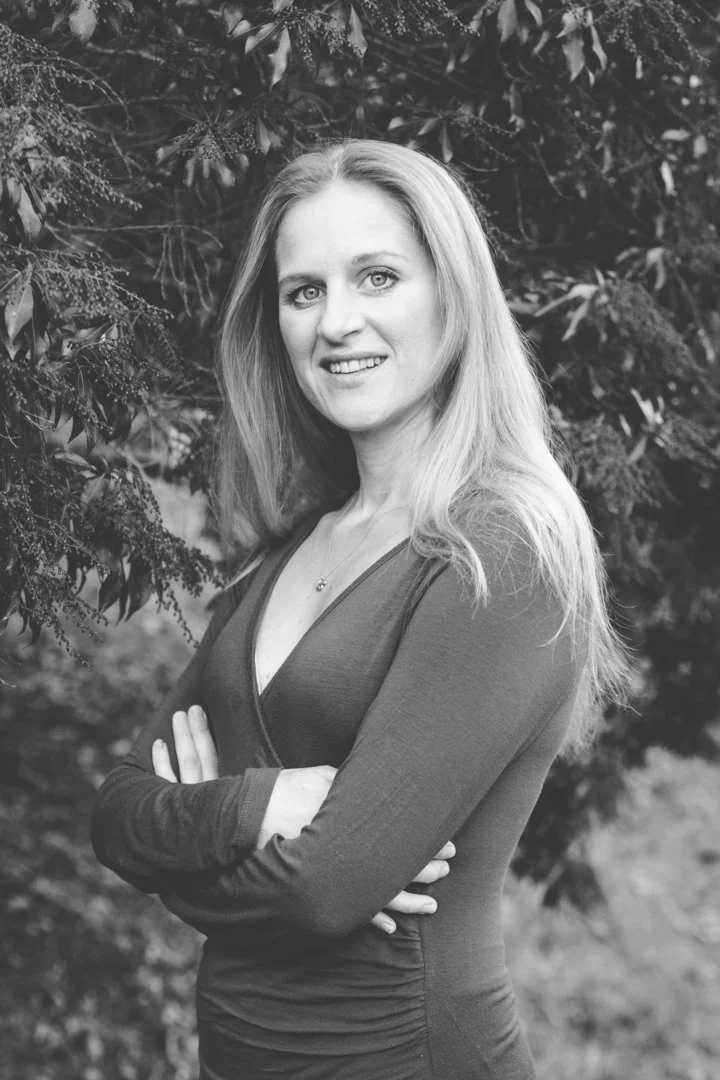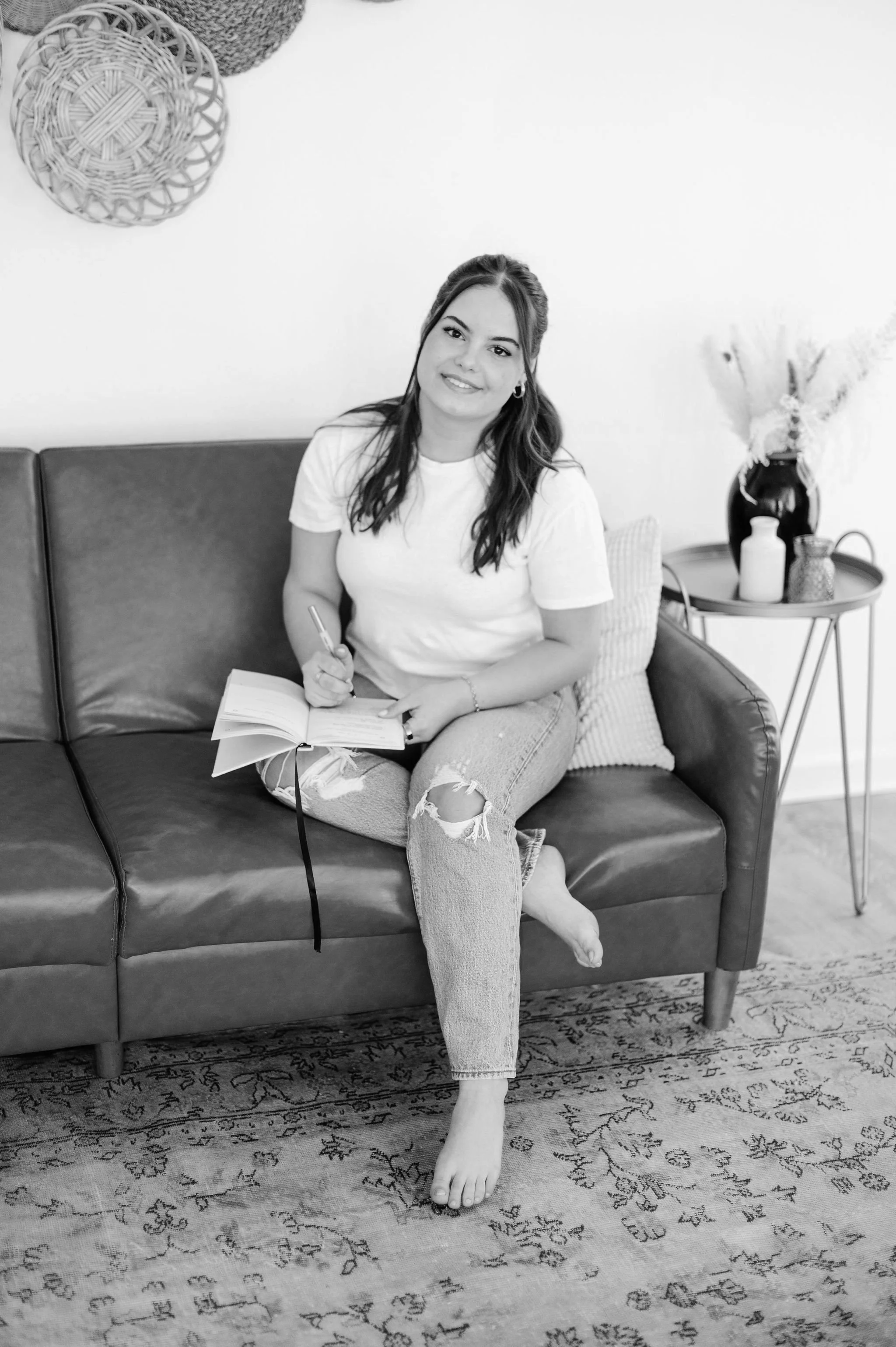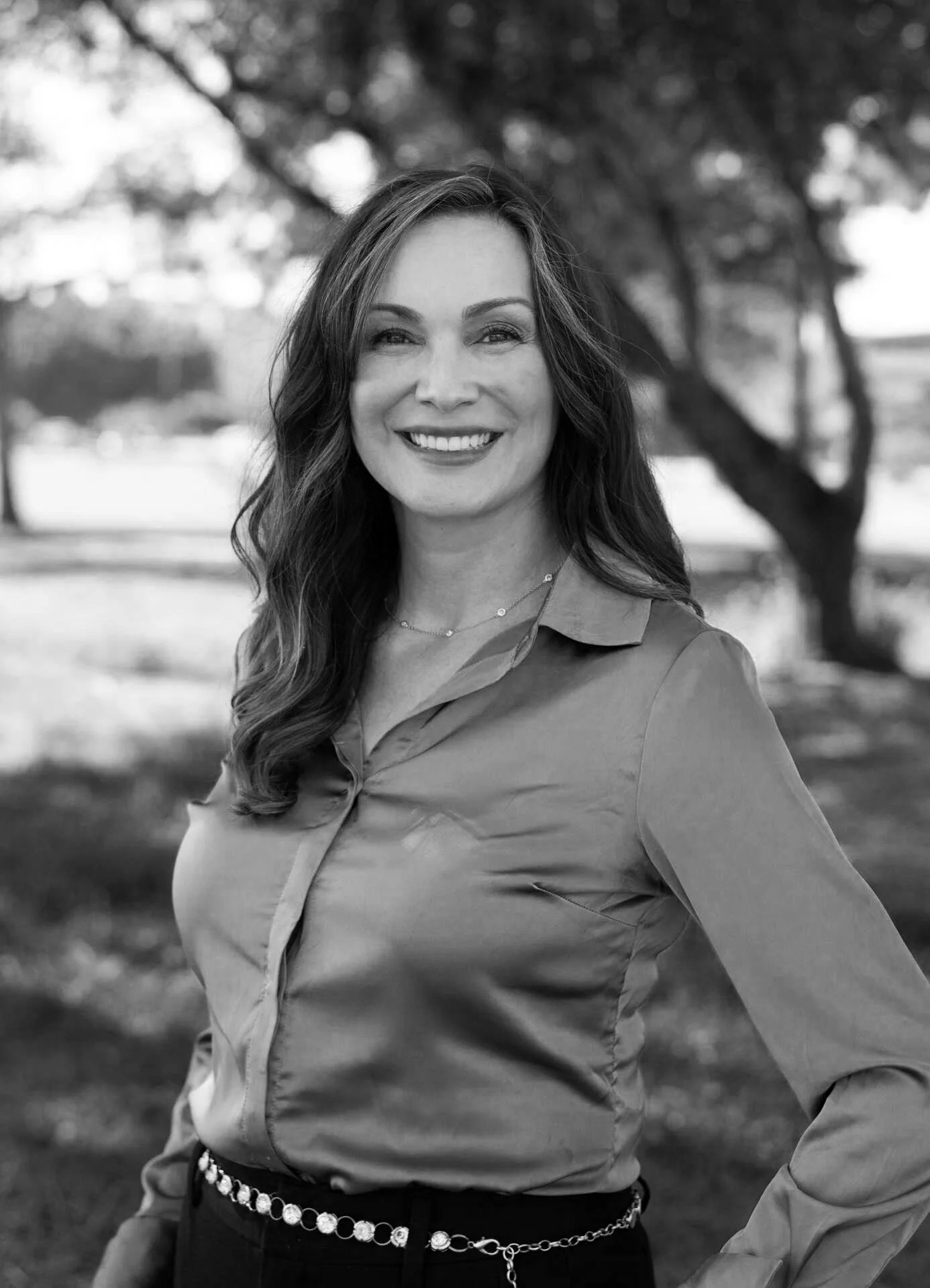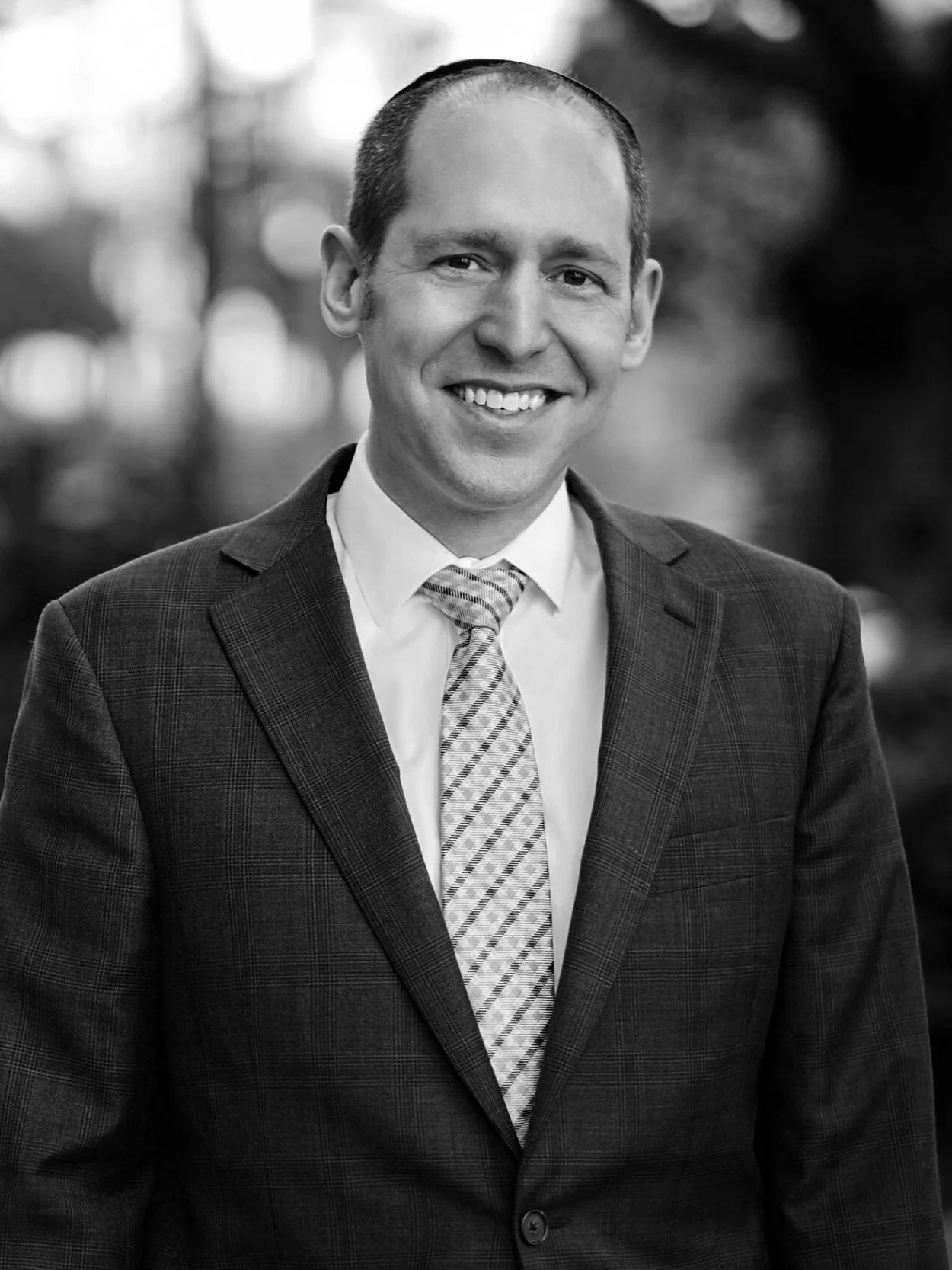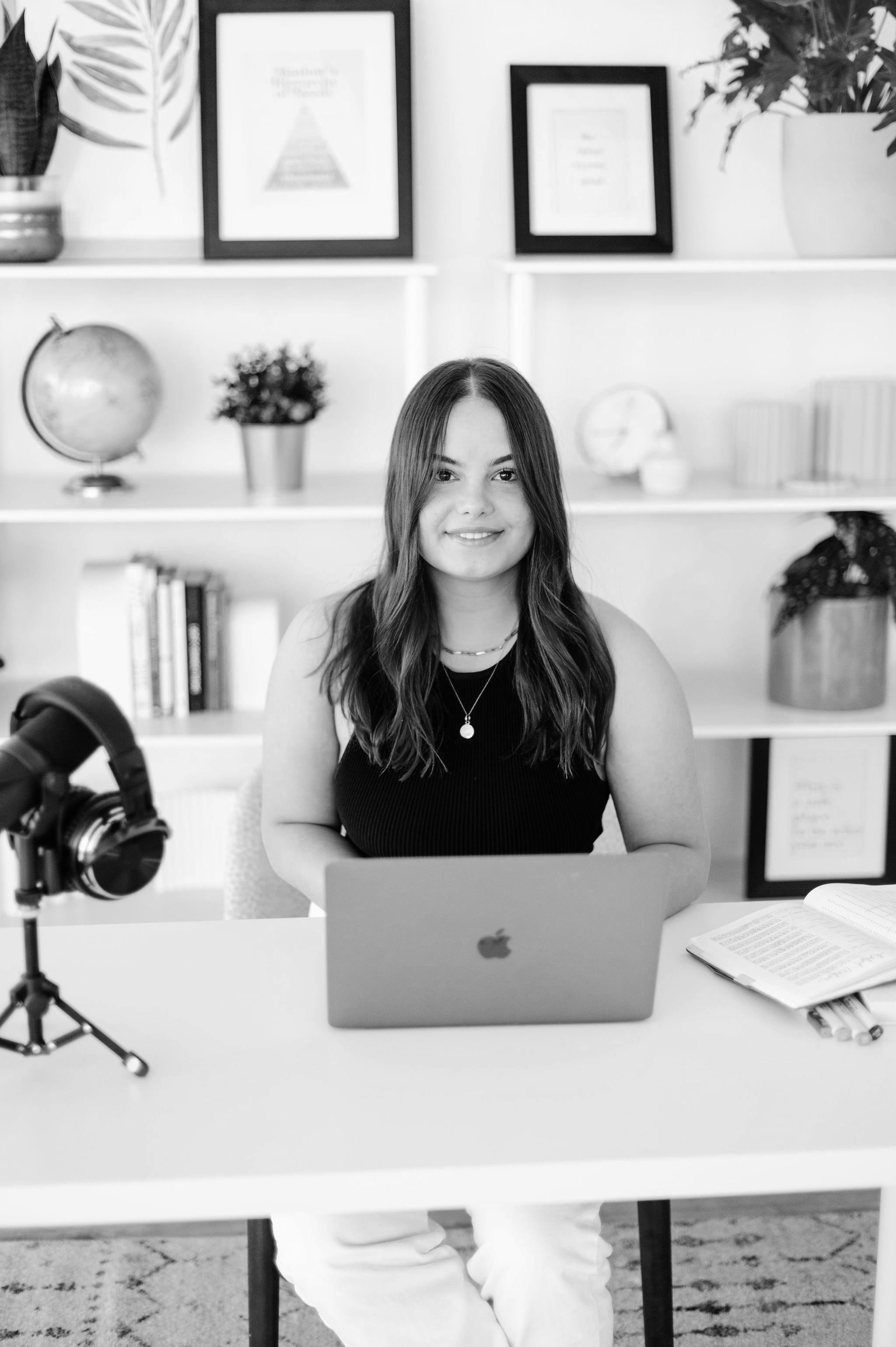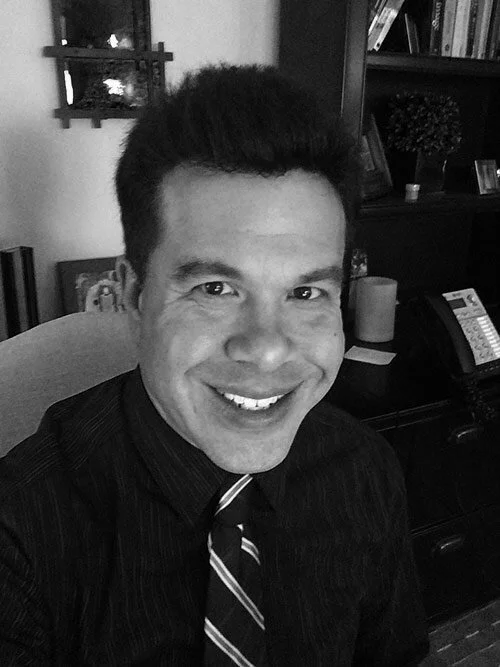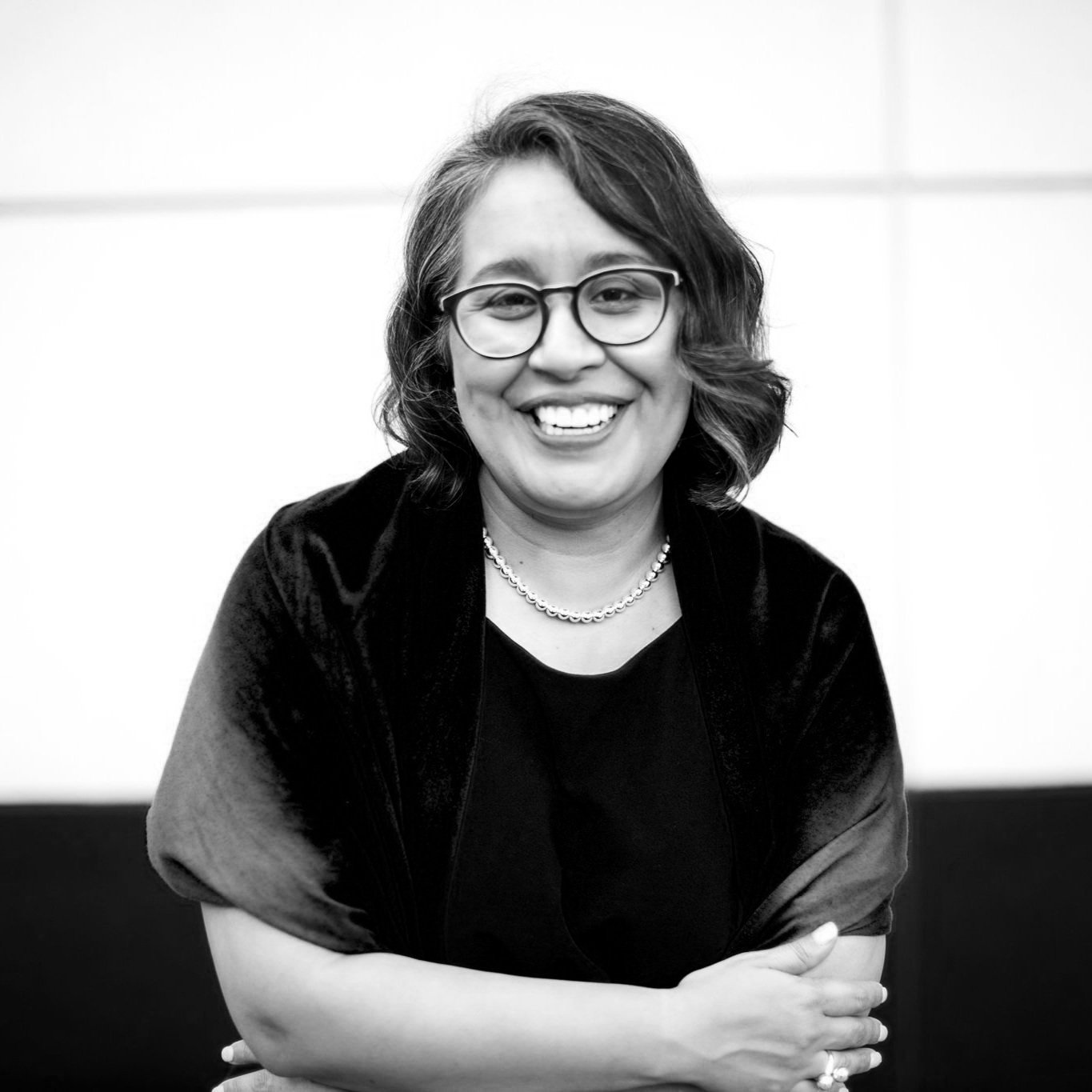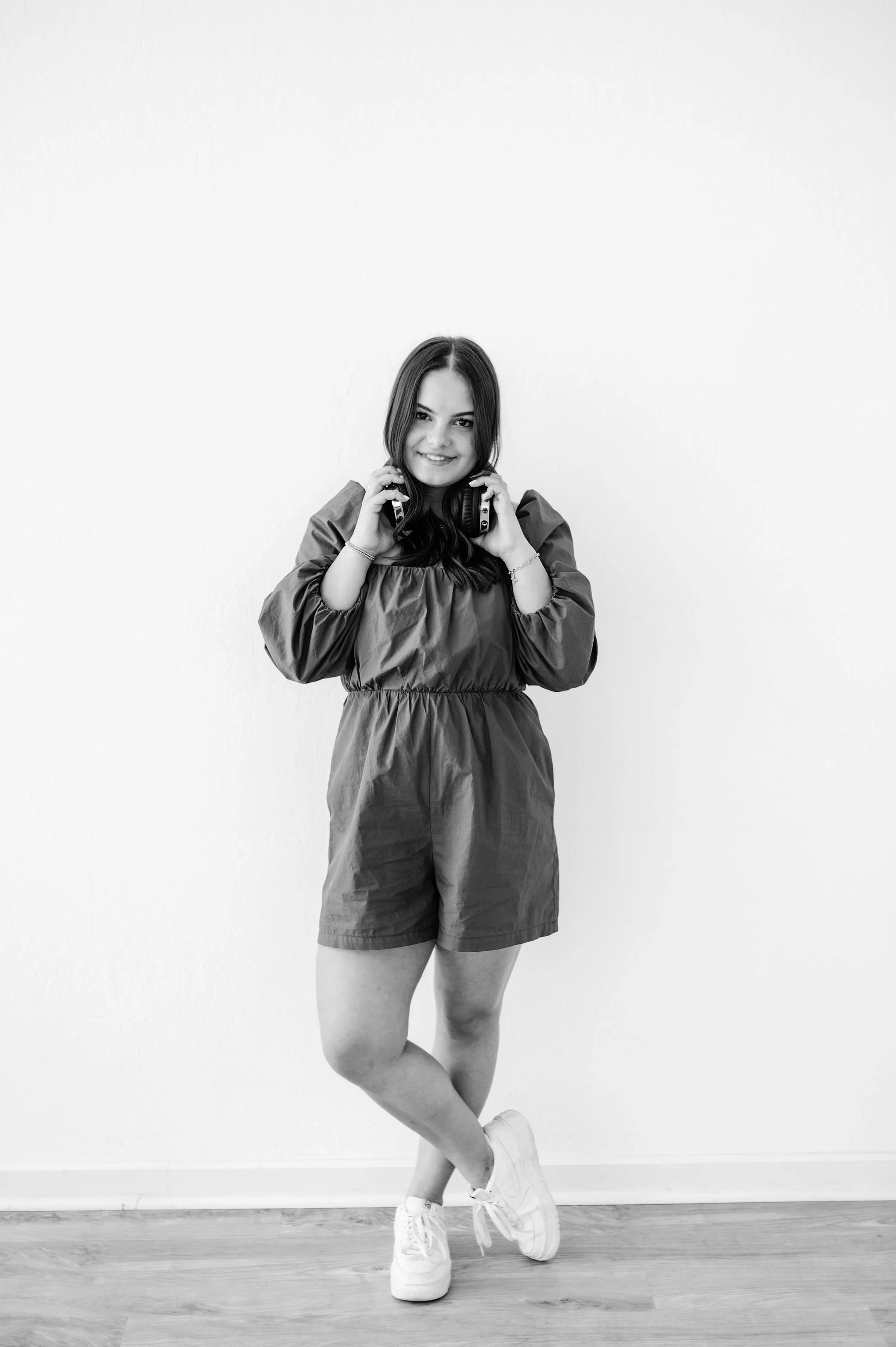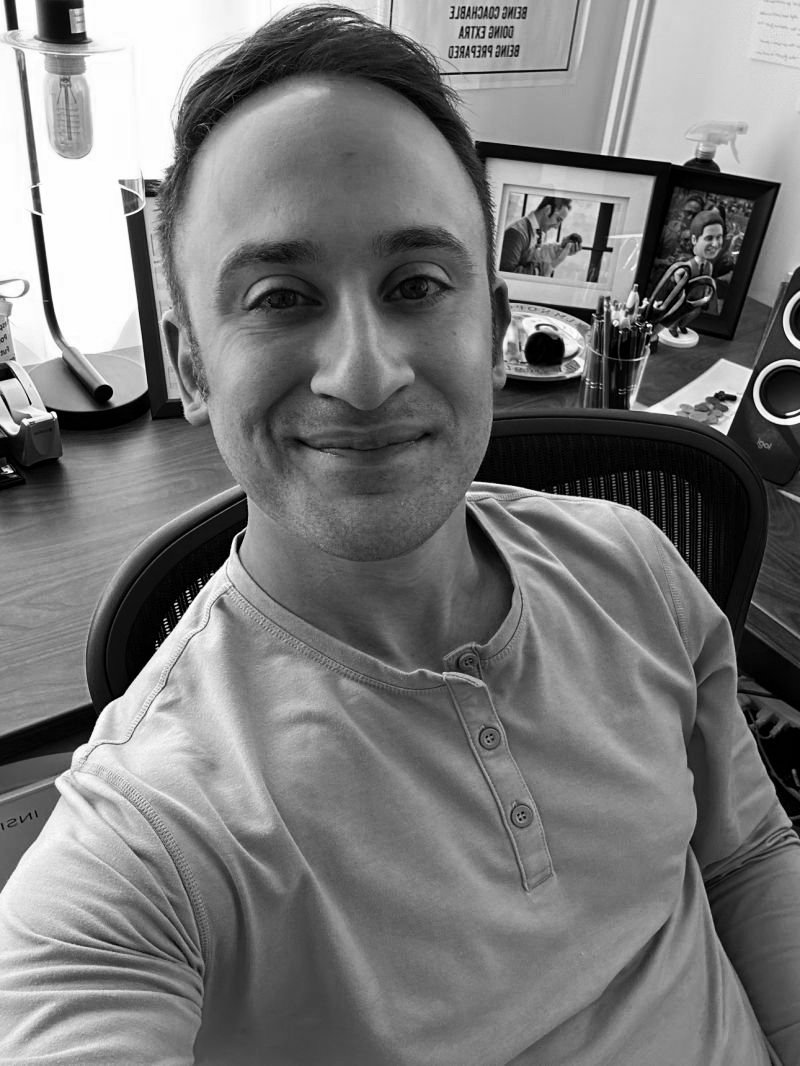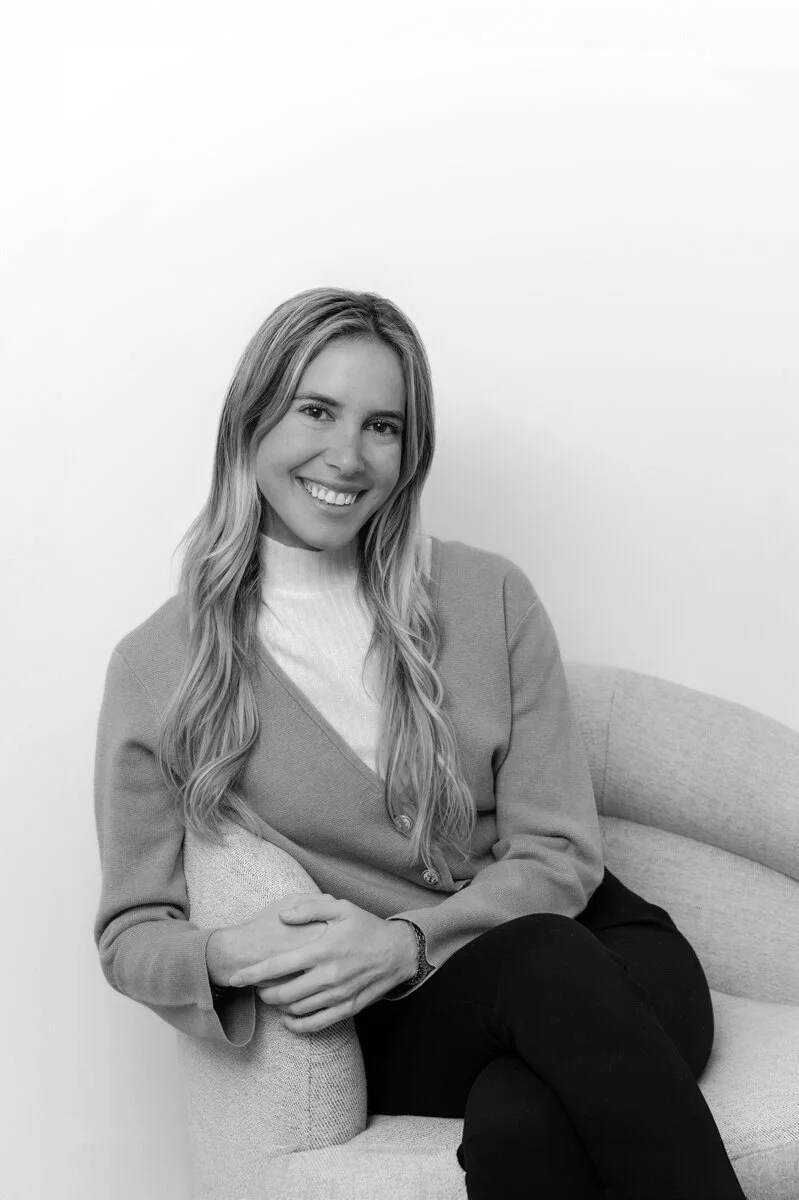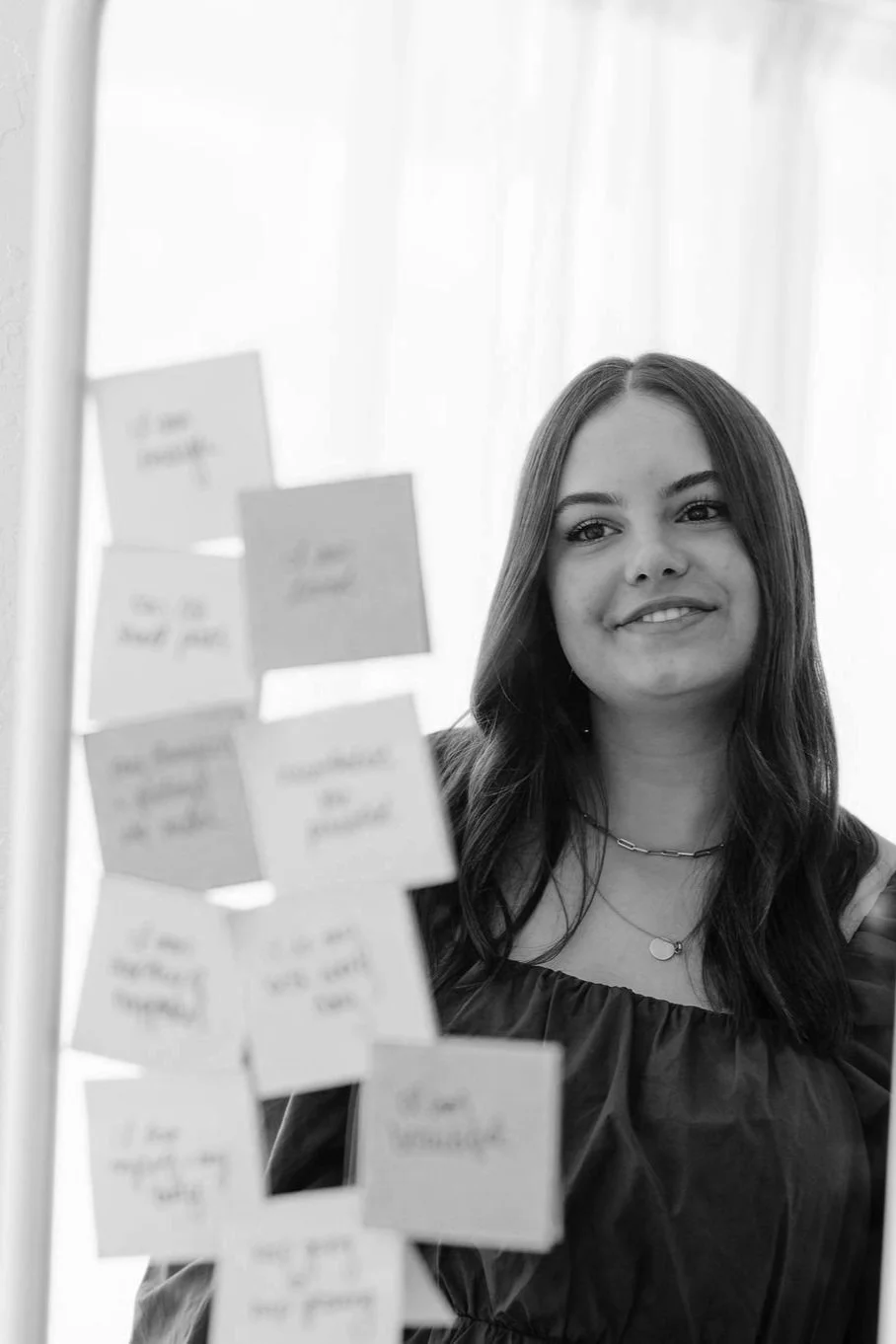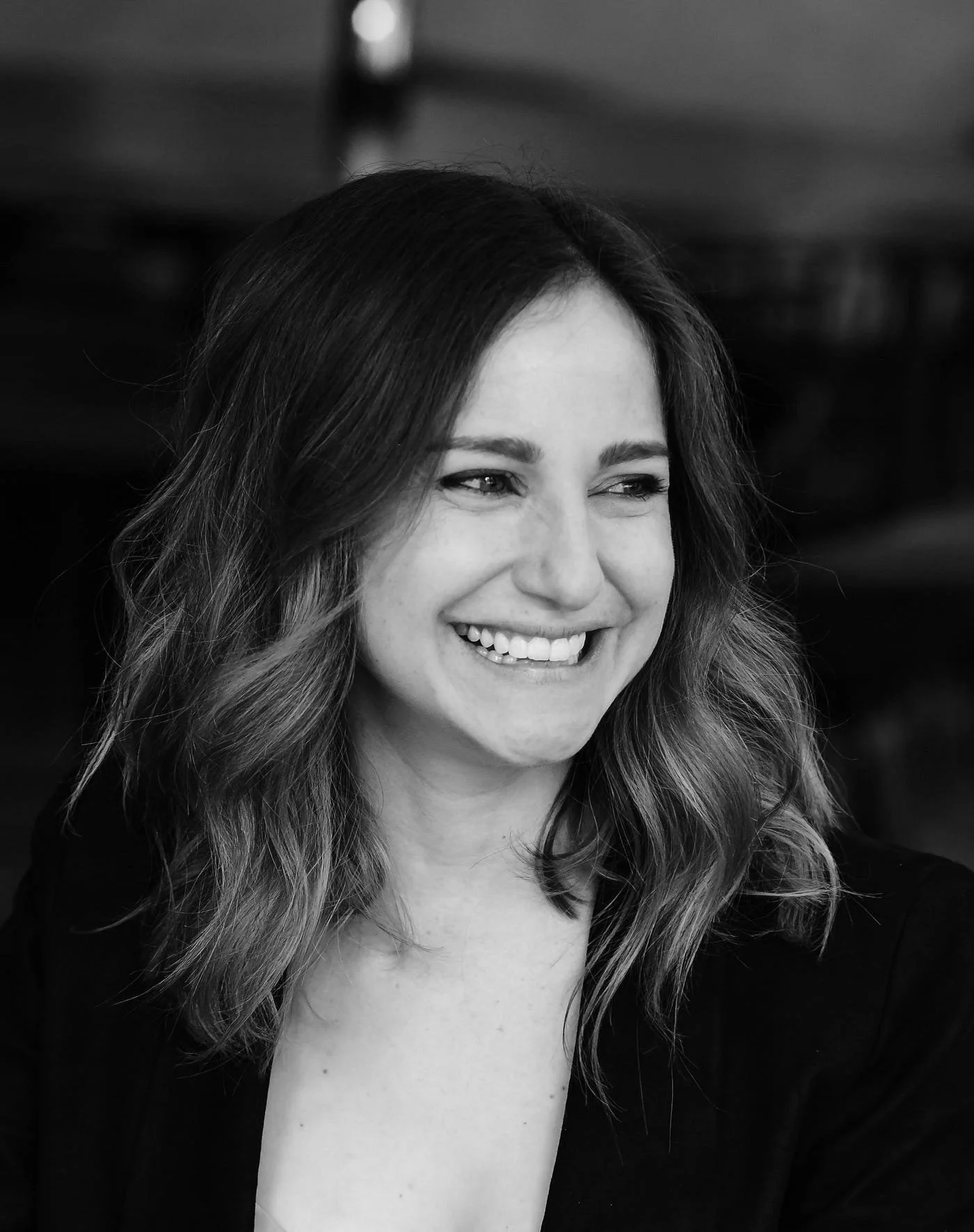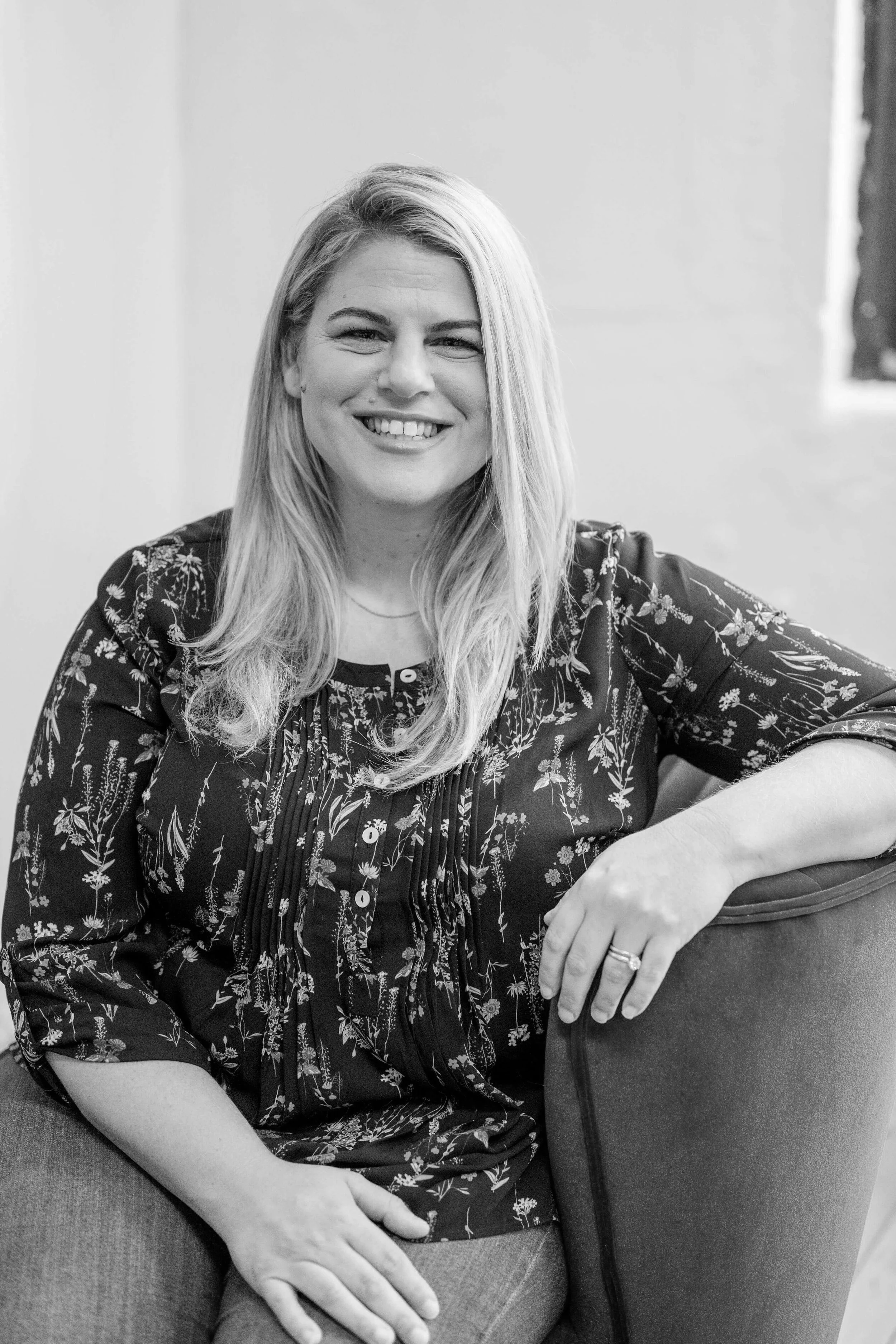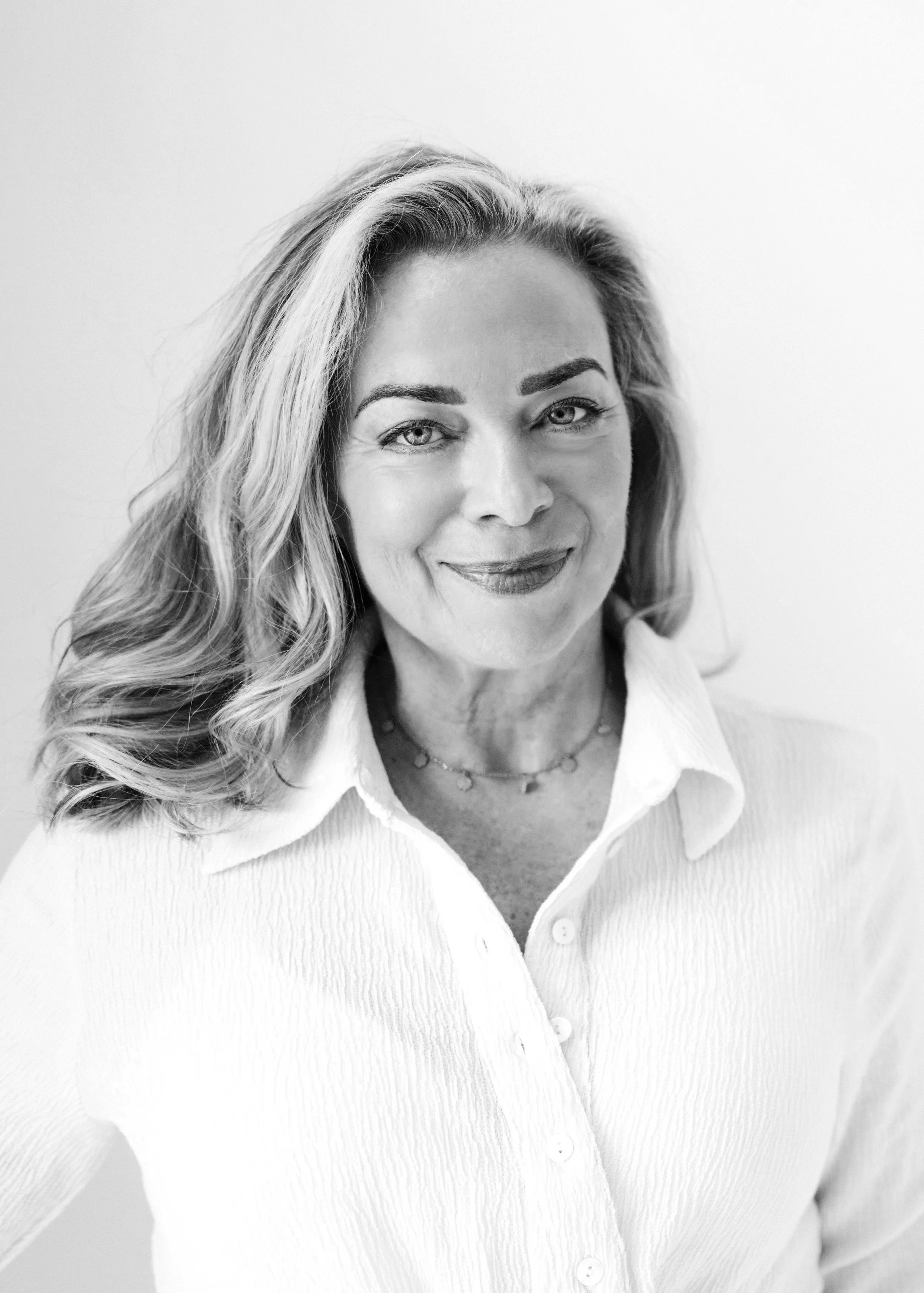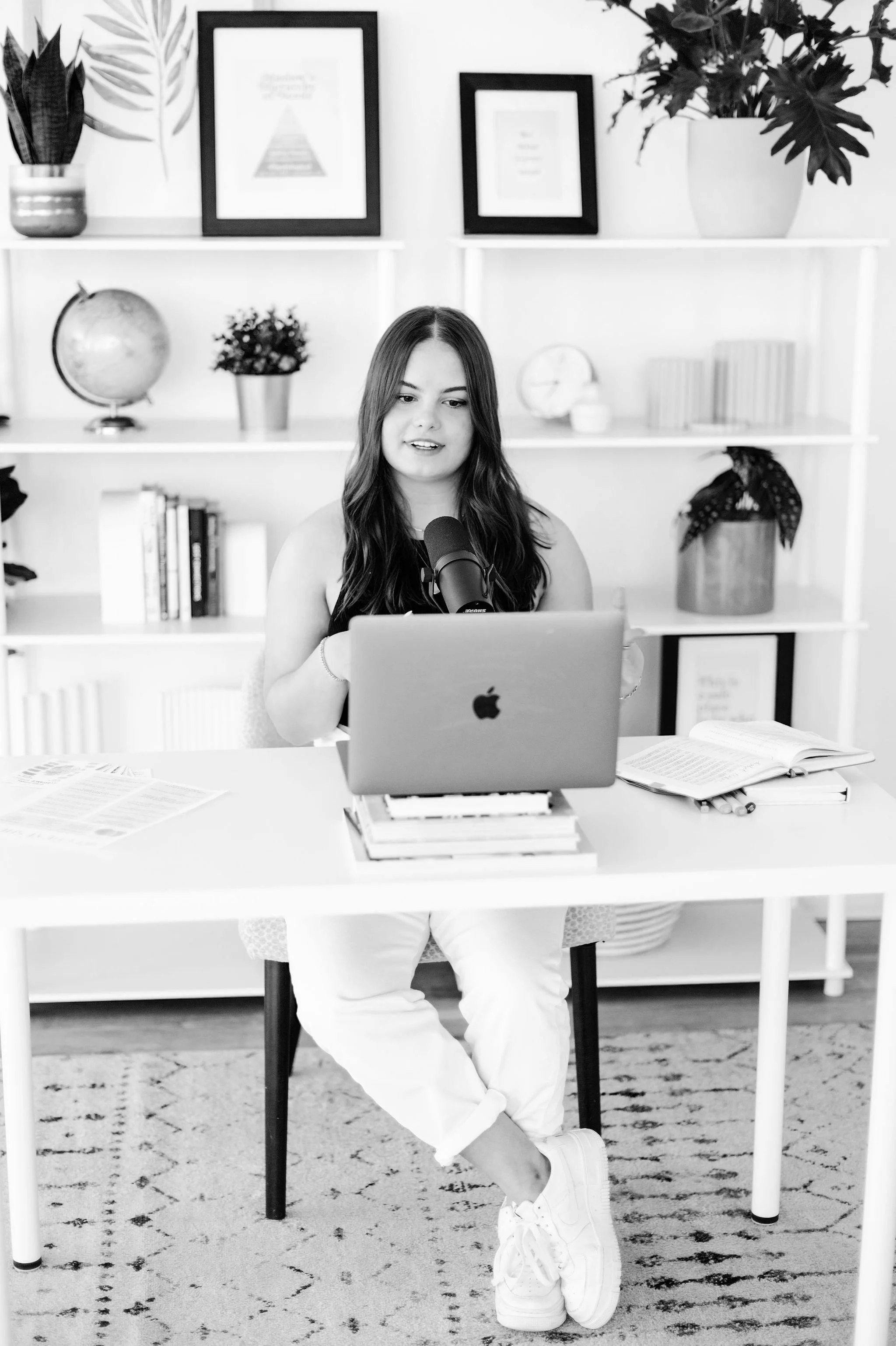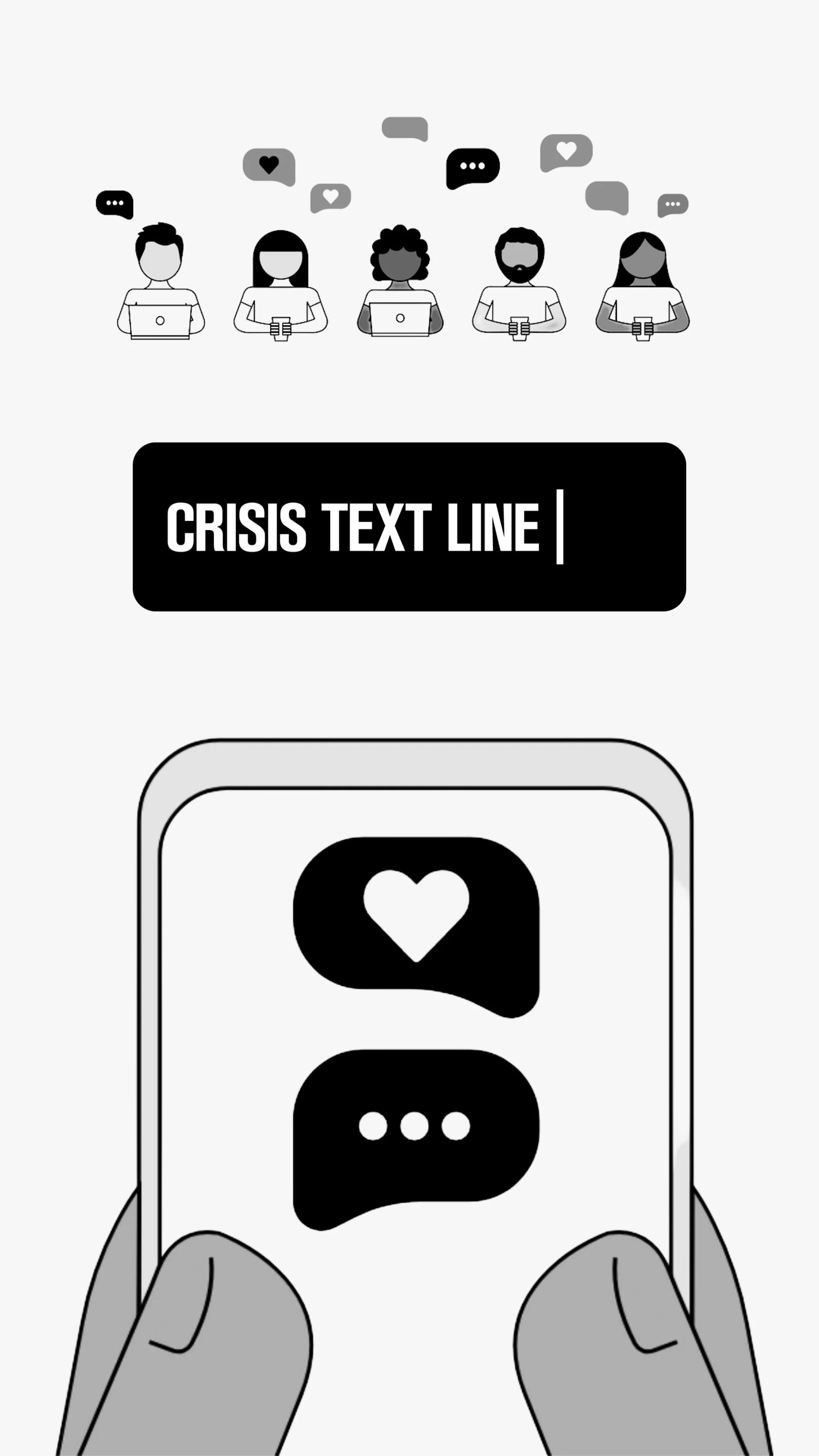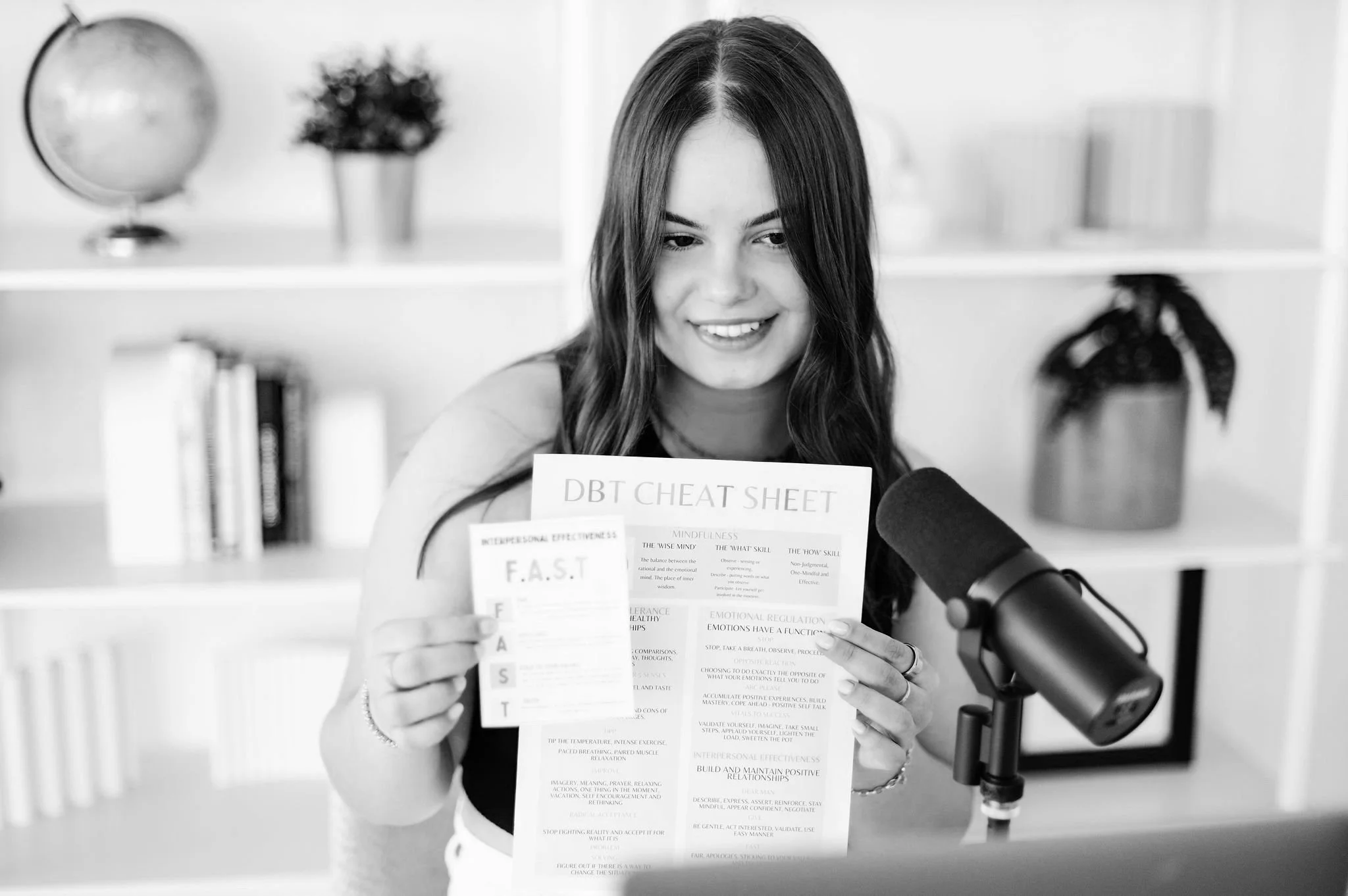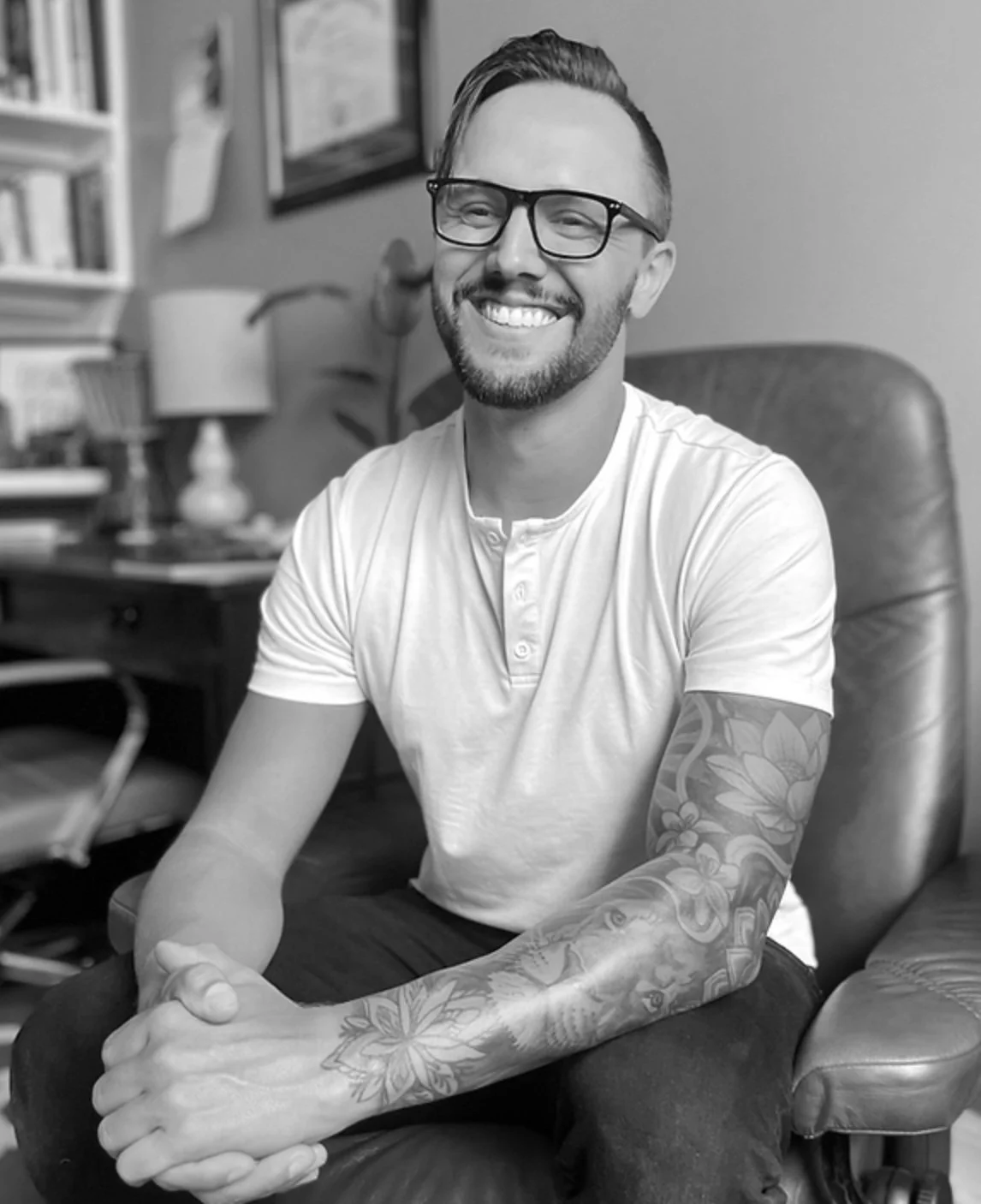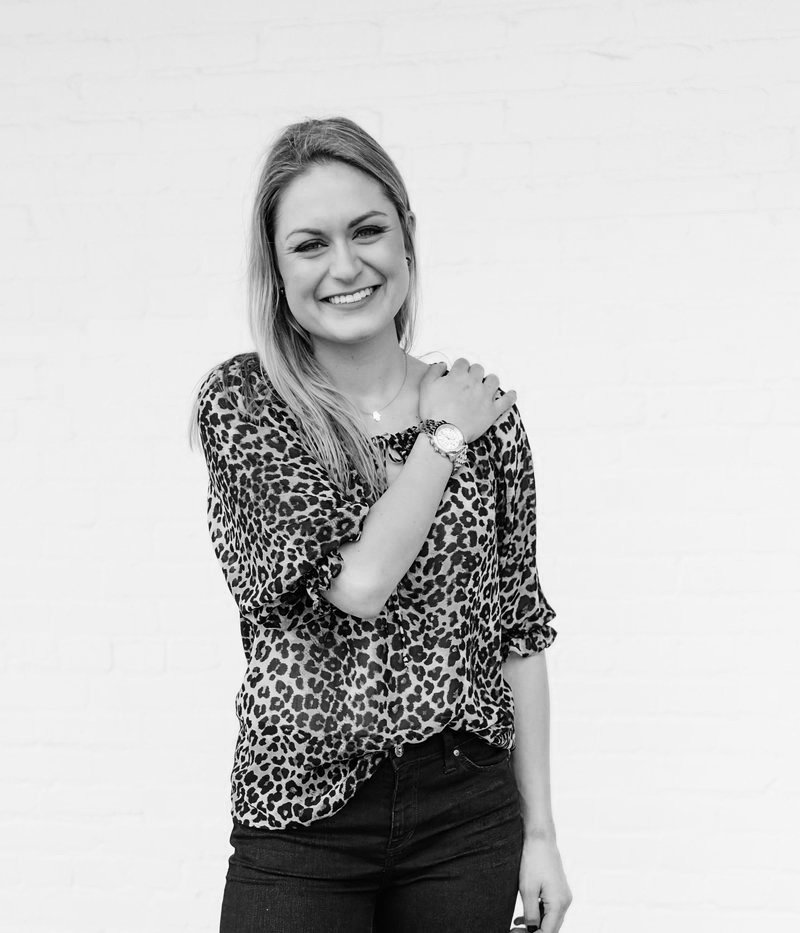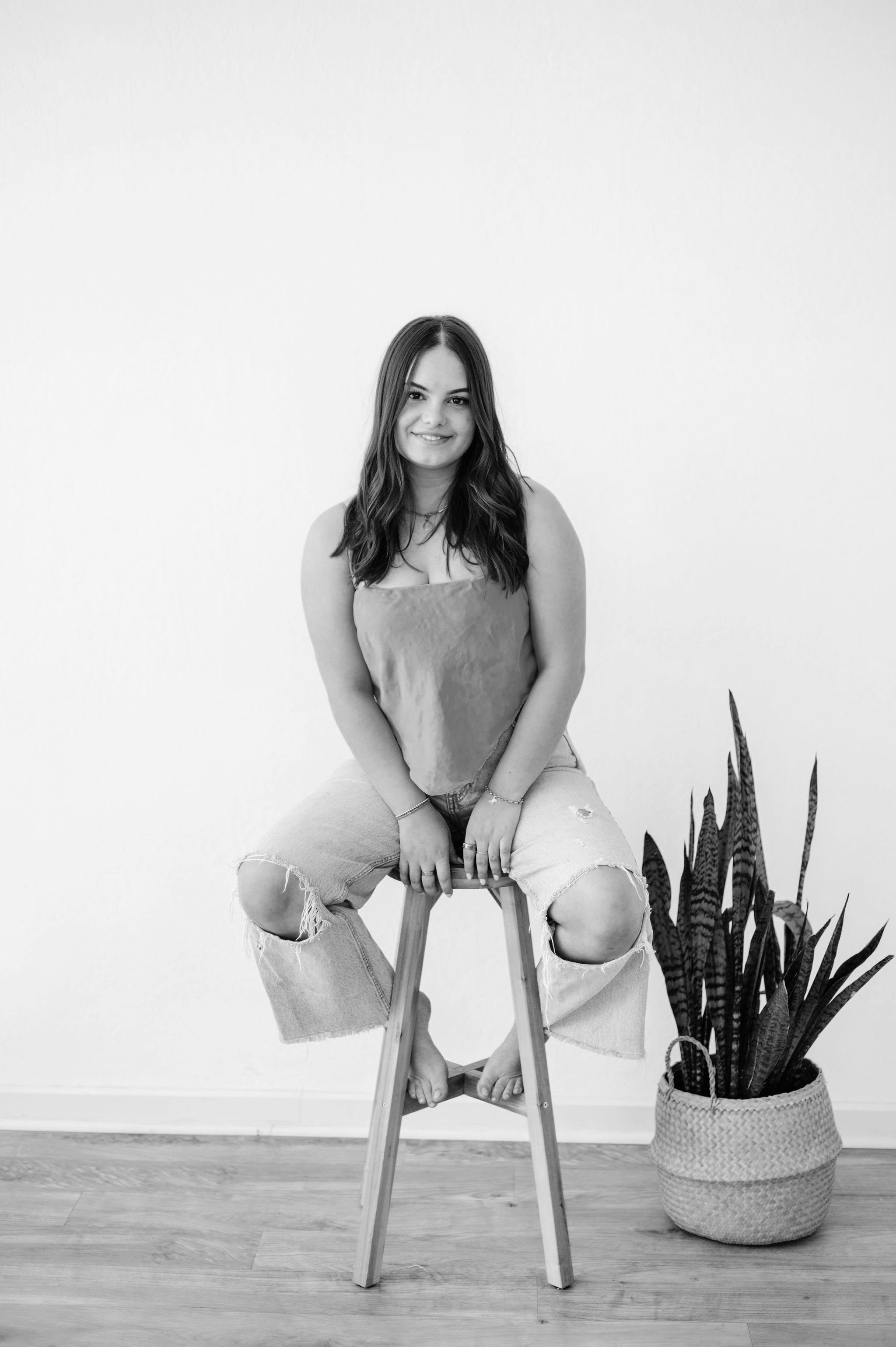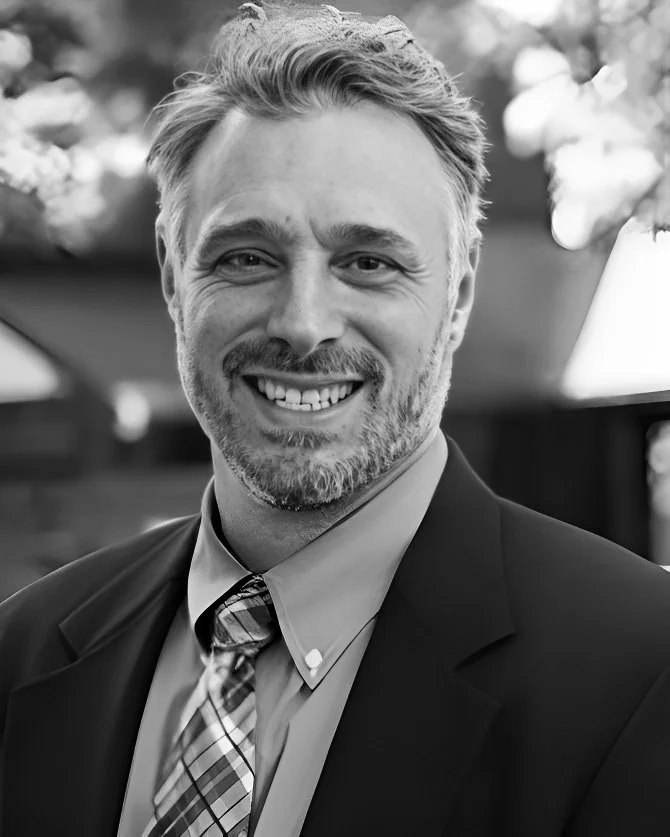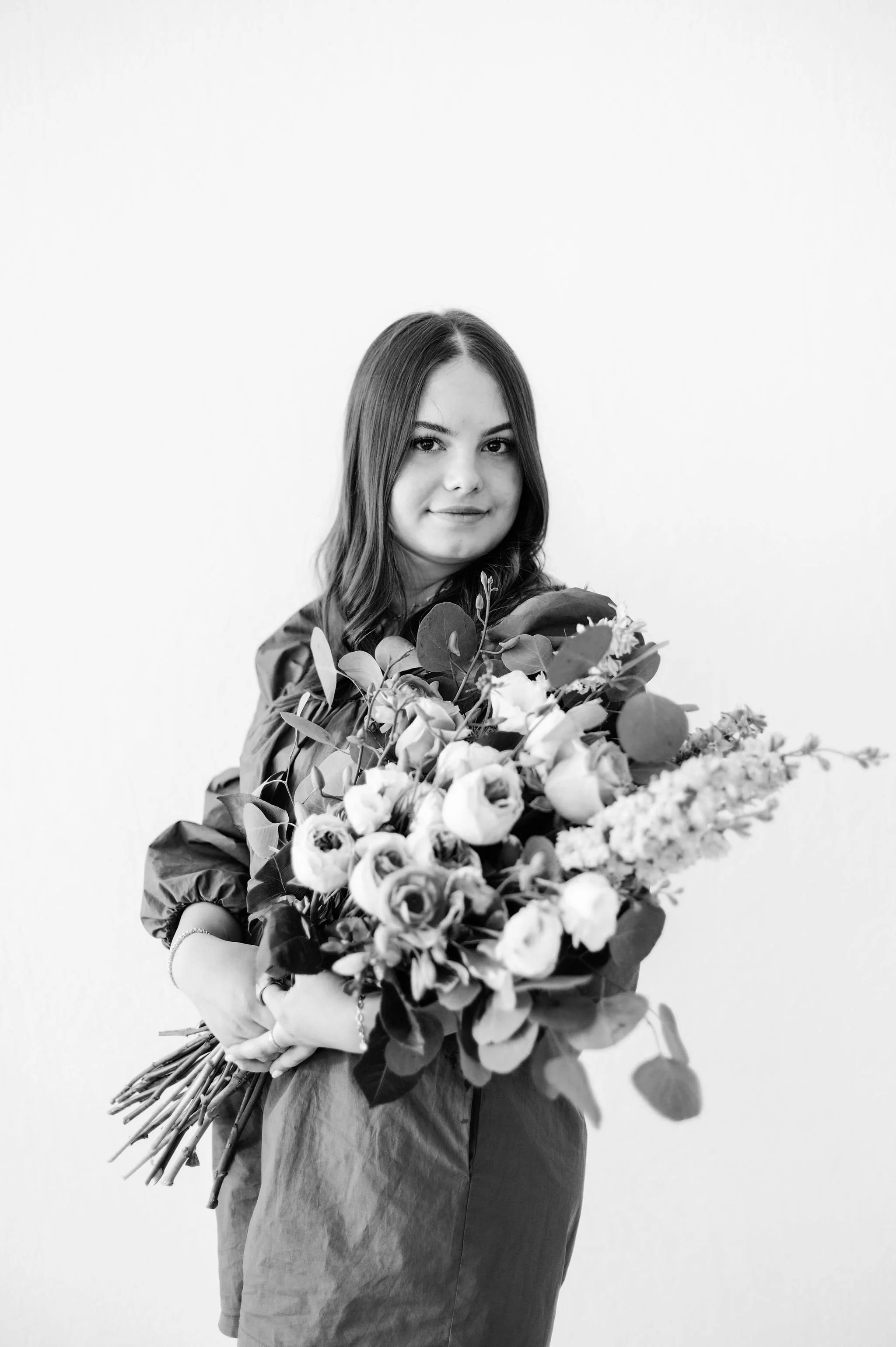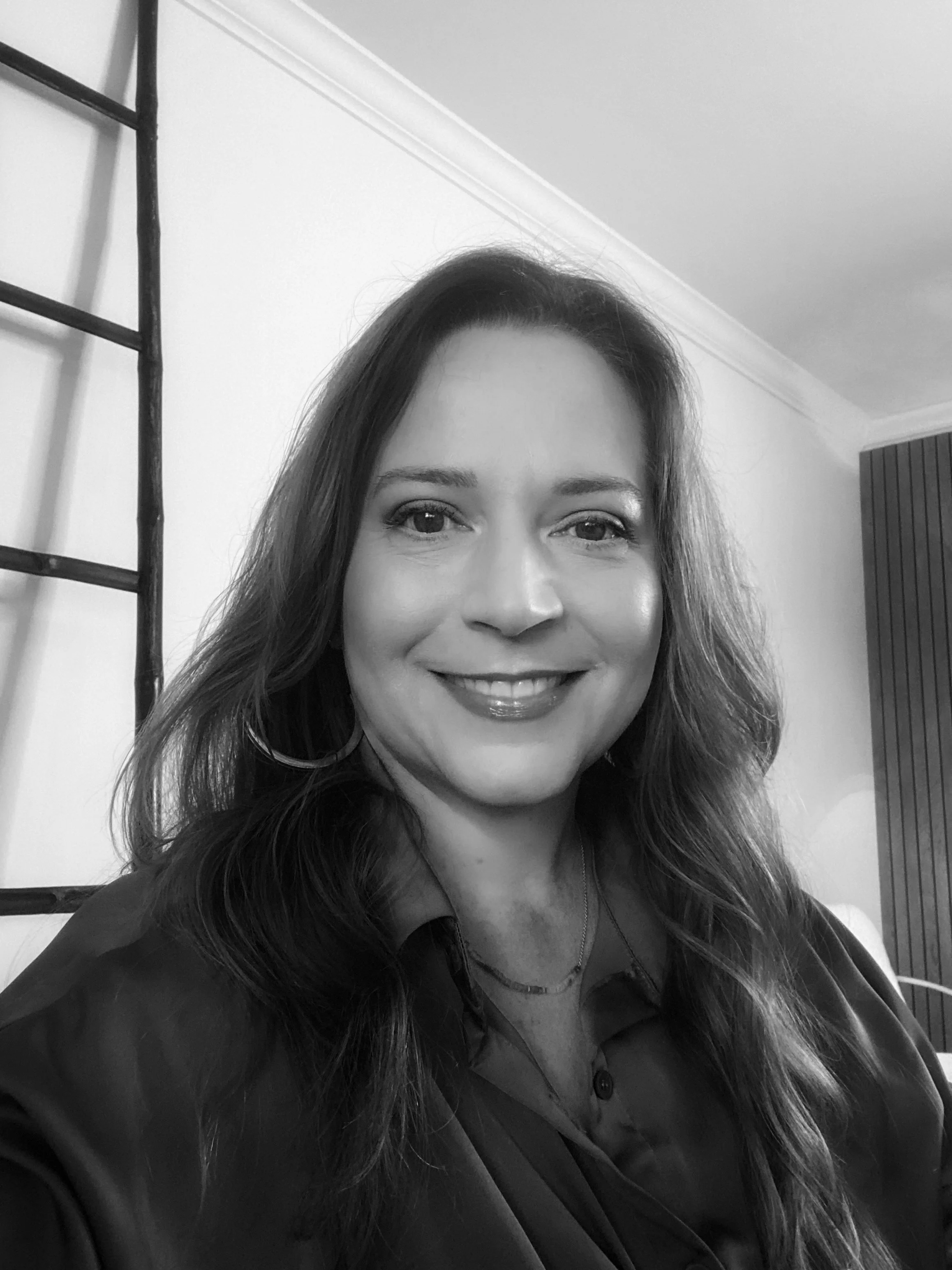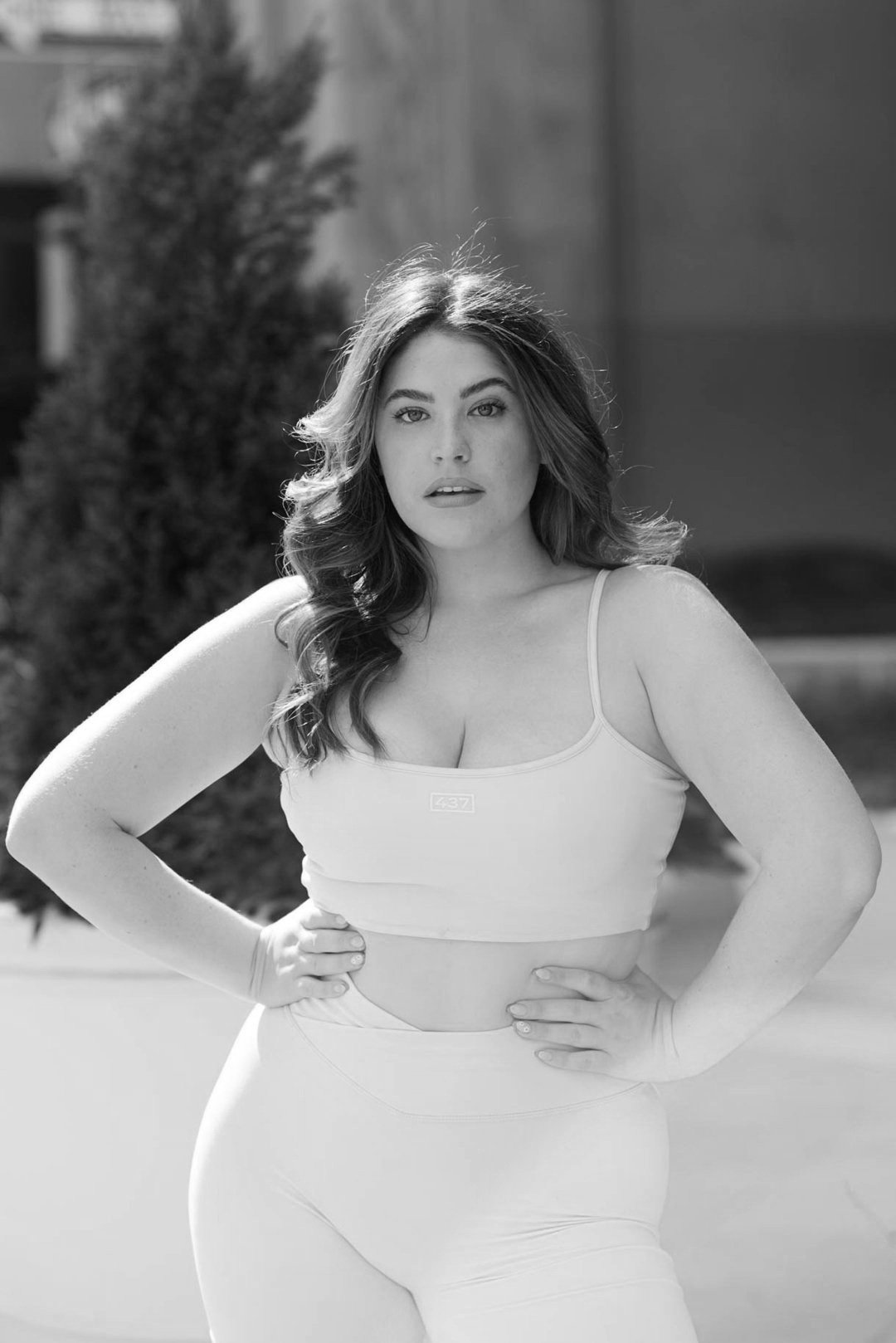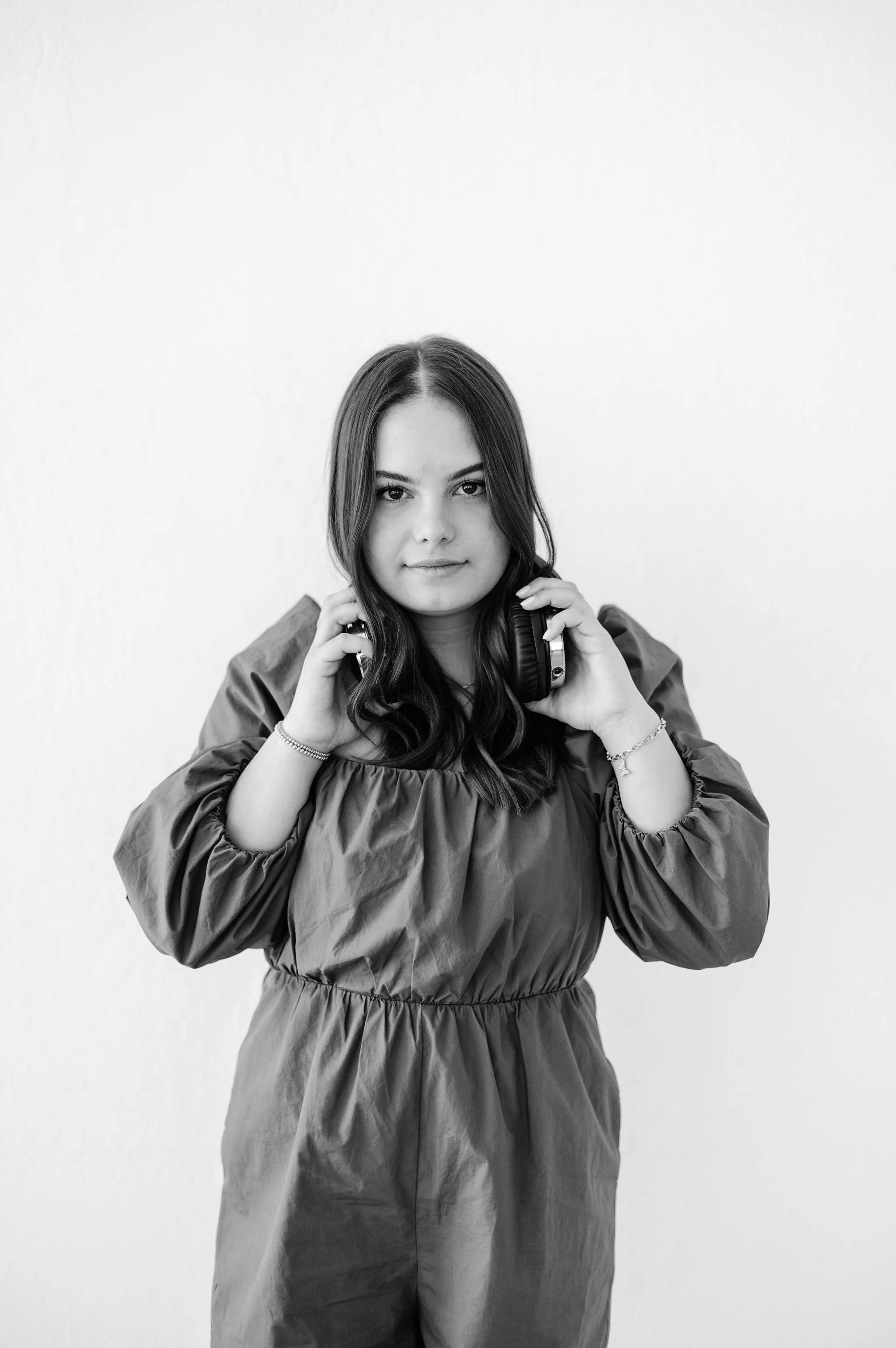184. UNHEALTHY RELATIONSHIPS: Red Flags & Risk Factors in Teen Relationships feat. Eden Garcia-Balis
listen to this episode:
Tune in and subscribe on your favorite platform: Apple Podcasts | Spotify | Stitcher | Google Play | Radio Public | PocketCasts | Overcast | Breaker | Anchor
Today's guest is Eden Garcia-Balis— a licensed Marriage and Family Therapist who has over nineteen years of experience in the mental health field. She is currently the Chief Executive Officer of Airport Marina Counseling Service (AMCS)— a nonprofit, community-based mental health clinic in California.
In this episode, we discuss:
+ How to tell if you're in a healthy or unhealthy relationship
+ Signs of an abusive relationship
+ The link between abusive relationships & anxiety and depression
+ Questions you need to ask yourself about your relationship
+ Risk factors that someone could end up in an unhealthy relationship
+ How to set boundaries in a relationship
+ What to do if your partner is unreceptive to your boundaries
+ Ways to help someone who's in an unhealthy relationship
+ Unhealthy relationships in pop culture
+ Tips on how parents should talk to teens about relationships
+ Healing from abusive relationships
+ Relationship resources she recommends
+ so much more!
AMCS's Instagram: https://www.instagram.com/amcshelps/
Mentioned In The Episode…
SHOP GUEST RECOMMENDATIONS: https://amzn.to/3A69GOC
STARBUCKS GIFTCARD GIVEAWAY
Want coffee on me?! Each month I'll be randomly choosing a winner to receive a Starbucks giftcard! To enter this giveaway, all you have to do is leave a review of the podcast on Spotify and/or Apple Podcasts and DM me on a screenshot of your review on Instagram. Win bonus entries by tagging the podcast on your Instagram story or TikTok! Good luck!
About She Persisted (formerly Nevertheless, She Persisted)
After a year and a half of intensive treatment for severe depression and anxiety, 18-year-old Sadie recounts her journey by interviewing family members, professionals, and fellow teens to offer self-improvement tips, DBT education, and personal experiences. She Persisted is the reminder that someone else has been there too and your inspiration to live your life worth living.
a note: this is an automated transcription so please ignore any accidental misspellings!
Sadie: Welcome to She Persisted. I'm your host, Sadie Sutton, a 19 year old from the Bay Area studying psychology at the University of Penn. She Persisted is the Teen Mental Health Podcast made for teenagers by a teen. In each episode, I'll bring you authentic, accessible, and relatable conversations about every aspect of mental wellness.
You can expect evidence-based, teen approved resources, coping skills, including lots of D B T insights and education in. Each piece of content you consume, she persisted, Offers you a safe space to feel validated and understood in your struggle, while encouraging you to take ownership of your journey and build your life worth living.
So let's dive in this week on She persisted.
Eden: Doing that
self reflecting is really important. , teens often tell me that it hurts too much and they just go on to the next relationship. So then, if you didn't have time to kind of analyze your relationship, To think about what worked, what didn't work, the cycle continues. I just, , read a statistic that teens that are in violent relationships have a higher rate of depression and suicide attempts when they become adults, and they're more likely to abuse drugs and alcohol. So you know, it's really, really important to Analyze your relationships
Hello, hello, and welcome back to She Persisted. I hope you guys are having a good week. We're late on uploading this so happy beginning of your week if you're listening to this on a Monday or a Tuesday. We have a really important episode. We're talking all about unhealthy relationships.
So we talk about red flags, risk factors, emotional abuse, all of those kinds of dynamics that show up in unhealthy relationships, which especially as a teen and young adult, it's one of the first times you're encountering those dynamics. And so I think this is a really important episode for teens to listen to, and parents as well, to kind of understand what to be aware of and what to look for, and then how to have those conversations and boundaries.
So our guest today is Eden Garcia Ballas. She is a licensed marriage and family therapist who has over 19 years of experience in the field. She is currently the chief executive officer of Airport Marina Counseling Services, which is a non profit community based mental health clinic in California. They do a lot of pro bono work, which is really, really incredible.
We talk a bit about that in this episode.
But we also dive into how to tell if you're in an unhealthy relationship, signs of abusive relationships, the link between unhealthy relationships and depression and anxiety, what questions to ask yourself about your relationship, risk factors that you could end up being more likely to put yourself in those settings, how to set boundaries, what to do if your partner is not receptive to those boundaries, we talk a little bit about how these show up in pop culture and like on TV shows and social media, all of that kind of stuff.
And recommended resources. This is a really incredible episode that kind of covers all your bases on unhealthy relationships, so I hope this will be a really great resource for you guys. I had a lot of fun learning about this, and I hope you do as well. As always, make sure to enter the She Persisted review giveaway.
If you leave a review on Apple Podcasts and send me a screenshot, you are entered to win a Starbucks gift card. Every month we choose a winner, you You can win a 15 Starbucks gift card or whatever coffee place you like. There's a little coffee on me. And all you have to do is DM me a screenshot and bonus entries if you share about the podcast on social media.
So, I really hope you guys are having a good week, and I'll be back next week for a solo episode.
Sadie: well, thank you so much for joining me today, Eden. I am so excited to have you on the podcast and talk about such an important topic that is relevant to a lot of teens and I'm sure parents have concerns about as well.
So I'm really excited to have this conversation with you.
Eden: Thanks, Sadie. I'm happy to be here. I think it's really important to talk about dating and what's a healthy relationship versus an unhealthy relationship versus an abusive relationship. , it's just really important for teens to be armed with knowledge so that they can make informed decisions.
Sadie: 100%. , to start, I would love to get your background before we dive into all your insight and advice and how to differentiate and navigate these things, but talk to me about your background and how you ended up in the therapy space, , in mental health treatment and also specializing in this area of relationships, domestic violence, all of that.
Eden: Sure. So psychology has always been a passion of mine, trying to, you know, even in high school, like why we're, why we're attracted to some people and not others. , all the unconscious things that are happening, when we meet people and when we're communicating with others. So that got me into psychology, the interest of psychology.
Once I was, , getting my undergraduate in psychology, I realized that I wanted to do more than just, I wanted it to actually. So I went back to school to get my master's as a licensed marriage and family therapist. And my passion is really providing quality services for the underserved and underprivileged.
I believe that everyone, regardless of their socioeconomic status, deserves quality mental health care. So I'm currently at Airport Marina Counseling Services. We're a mental health clinic that provides low cost services, , seven days a week on a sliding fee scale. So everybody can pay what they can afford.
Sadie: Yeah, I'd love that. And that is so incredibly important. It's one of the biggest barriers that people run into. Obviously, stigma is a huge thing as well, but also access to care and insurance can be so complicated when finding a clinician. So having that flexibility and that resource available regardless of socioeconomic status or financial situations is so incredibly important.
Eden: Yep, I agree. I agree. That's why the clinic has been around for 60 years. I wasn't the founder. I've been with the clinic for 10 years, but it's just, I just love my job and, you know, love coming to work every day.
Sadie: Yay! Oh my gosh, that's the best. Okay, perfect. Well, I would love to start diving into a little bit of context around healthy and unhealthy relationships.
I think, in hindsight, we can look back and be like, that wasn't super healthy, or this relationship is healthier than a previous one. But when you're in the thick of it, it's very easy to have blinders on and not know what's going on. What red flags to look for, and even how to, like, have some self reflection around what you're feeling.
It's a really complicated situation, especially as a teen, when it's one of the first times you're navigating these relational dynamics. So, for teens and parents that are listening, and they're like, don't totally know what a healthy versus an unhealthy relationship is or where that line is. What can you tell us, , about those dynamics and what people can be aware of and look for, , and also kind of do some reflection around for themselves?
Eden: Sure. So the first thing I think about is getting to know yourself. I was listening to one of your podcasts the other day with Dr. Roberto on ADHD. And one of the things he talked about was getting to know and really like be an expert on yourself. And regardless of an ADHD diagnosis, I believe everybody, especially teens, need to get to know themselves.
What is it that they like? What is it that they don't like? And that's important because then that will define what you like in a partner. If you don't know what you like yourself, then it's going to be really difficult to navigate. You may get lost in your partner's interests and likes instead of really kind of knowing what you like.
So, , what we're finding is that many teens, as you said, don't know what a healthy relationship looks like. And that's for a variety of reasons. There's a lot of media, social media and, and, , TV. radio that's really glamorizing, , unhealthy and abusive relationships. How many times I can tell you, countless times I hear the B word, you know, in songs these days in the F word and, you know, teens are thinking, if people are making money talking like this, then it must be okay to treat our significant other this way.
And that's absolutely not the case. So. It's important as a, as an adult to mirror a healthy relationship and also to talk to our teens about healthy, unhealthy, and abusive relationships. And I think that teens should also be talking to themselves about it. And if they notice that their friend is bordering on an unhealthy relationship, to talk about it, right?
Communication is key. So you asked about what a healthy relationship looks like, and a healthy relationship is really where there is. There is communication between both parties, there is respect, there is trust, there is honesty, both partners are equal. and they enjoy time away from each other. Now, this was a tricky one because many teens tell me, Oh, and I remember when I was a teen, Oh my God, you know, but anything in extreme can be unhealthy.
And it's just also important that, that you spend time with friends and you know, things that you like too, so that you don't get enmeshed in a relationship. And in unhealthy relationship, you're not communicating. There is disrespect. You don't trust one another or there's one person that doesn't trust the other.
There's dishonesty and then there's trying to take control of your partner. And as I talked about, a healthy relationship is equal, and an abusive relationship is even worse. Communication is hurtful or threatening, , you are mistreating your partner, you're accusing them of things that are not true, , you're controlling them, and you're denying that your actions are abusive.
And, abuse isn't necessarily physical, it certainly can be. But there's also abuse, emotional abuse, , digital abuse, , and you know, that kind of stuff.
Sadie: Yeah, 100%. And I think, like you're saying, it can be so nuanced and it doesn't have to have that look or context. , and so being aware of these different dynamics is really important, whether it's in yourself or even friends.
Because I think, like you kind of mentioned, especially if you're spending all that time with one person, You kind of lose that awareness or those blinders are on so having those additional opinions when they're supportive and effective, , can be really helpful as well. , one thing that you, , sent when we initially connected via email was that not only are domestic violence rates rising in teens, but also One in three teens experience either physical, sexual, or emotional abuse in the context of relationships, which is a really significant amount of teenagers and young adults.
And I'm sure that as soon as teens get to college and are in that kind of age demographic as well, the number only continues to rise. So I would love to get your thoughts on that. perspective on why that is. I know that's obviously a huge question, but I'm sure there are a lot of environmental factors, some developmental things that are at play, , definitely, , kind of the context of school, , and extracurriculars, all that kind of stuff.
But how do you kind of explain that conundrum, if you will, in this specific demographic?
Eden: So you're right, it only gets worse. And I think you actually hit part of it at the beginning when you talked about that you can't see it in the moment and that it's after the fact that you do some self reflecting.
And doing that self reflecting is really important. , teens often tell me that it hurts too much and they just go on to the next relationship. So then, if you didn't have time to kind of analyze your relationship, To think about what worked, what didn't work, the cycle continues. I just, , read a statistic that teens that are in violent relationships have a higher rate of depression and suicide attempts when they become adults, and they're more likely to abuse drugs and alcohol. So you know, it's really, really important to Analyze your relationships to talk to other people about it, whether it's another friend, whether it's a parent or get yourself in therapy to kind of figure out what's going on.
What we're seeing a lot of at the clinic is a lot of anxiety and depression in youth. And I think it's really important for, you know, our teens out there to know what those signs are to see if they can see them in themselves and, , and get some help. And for anxiety, the signs of anxiety, , can be, , difficulty concentrating or sweating or having difficulty sleeping or just feeling fatigued or irritable.
, and anxiety can also manifest itself in physical ailments like headaches or stomach aches. So I think sometimes anxiety gets missed because you're thinking, Oh, there's just something wrong with my stomach. Or, you know, I just have a headache when it's actually something far worse, in my opinion, that it's anxiety and that it needs to be treated.
And then for depression, sometimes it's difficult to, , discern one or the other because it can look like anxiety, but you can feel helpless or hopeless. You can just be feeling sad, tearful, have low self esteem, also be irritable, or just not have any motivation to do anything. So, if you're finding that this is the way you're feeling, it's important to get help.
Like I said, talk to your friend, talk to a parent, , talk to your school counselor, and see what can be done about it.
Sadie: You mentioned something really interesting there, which is reflecting on your relationships before you enter the next relationship, and I was wondering if you had a couple of questions that you think are helpful to consider, whether you like decide to journal or talk about it in therapy, talk about it with an adult or a friend, or even just sit with it and kind of brainstorm a little bit and do that reflective exercise.
But what are the questions that you would ask and think about After a relationship has wrapped up, before you go into that next dynamic.
Eden: Yes, that's a great question. And I love that you said journaling. That's what I would encourage because sometimes we forget, you know, what we liked or what we didn't like.
And it's really important to go back and look and go, Oh, yeah, that's, that's right. That's what happened in that relationship or, or, you know, that's what I liked about it. So some general questions that I think are very, very good and easy to remember are one, what did I like about that relationship? Right?
Is it that we, , We like to cook together. Is it that I really like that he respected my, , decisions? And then, what didn't I like? I didn't like that he, wanted to be with me all the time and didn't, didn't support my friendships with other people or I didn't like that, , we never did anything that I wanted to do, So those, those kinds of questions are really, really important to write down and reflect and once you're dating someone else to have these conversations. So I talked about communication just being key, right? , there's a thing called love languages. I don't know if you've heard about them. Yeah.
Sadie: We love love languages.
Eden: Me too, and I think it's really important to know your love language. You know, it goes back to knowing yourself. Before you can get to know someone else. And love languages include words of affirmation. So are you one that loves to hear, , I love you? Or are you one that likes to spend quality time? Is that your love language, spending time together?
Is it receiving gifts? Is it the act of service? So, , are you one that likes to bring lunch to your partner, surprise your partner, or physical touch that you like those hugs and you like those kisses? And knowing what yours is and what your partner's is is important too because if I'm expecting my partner to hug me and, and that's how I feel loved, but he's one that likes to say it and and I like more of the physical.
then there can be, , some, some conflict. So really important to see, and you don't have to necessarily be on the same page with the love language, but it's important to know what you like. So going back to, you know, like, what is it that I like? What can I tolerate? What can I not? , and what can we negotiate?
Sadie: Yeah, I also love the concept that how you express love and receive love can be really different. Like, I think about even, words of affirmation. I would say, like, receiving words of affirmation is definitely a big, receiving love language for me, but then when it comes to giving them, , it's vulnerable and anxiety provoking, and obviously, like, try and put myself out there and do that as much as possible.
But it doesn't come as naturally as like, I love doing gift giving, especially for like holidays and birthdays or small acts of kindness or service. And so even the way you're expressing love might not reflect the way that you like to receive love. And just being aware of that, like you're saying is very, very, very important.
Eden: Yep, you're absolutely right. And this is at any age, but I think that really it starts when you're young, you know, when you are a teen, if you just can get to back to getting to know yourself and loving yourself, right? So it's important that we love ourselves. And you know, what does that mean? Well, it's, it's whatever you like to do.
Do you like to journal? Do you like , listen to affirmations, meditation? Do you like to Spend time with your friends. Do you like to, it's just things that, you know, make you feel good. And it's really important for us to, to know that too. You know, what is it that I like to do and makes me feel good.
Sadie: Yeah, I want to go back to the statistics that you brought up around substance abuse, , and depression and all of those. And I know another one that's really common is that, or that people are sometimes aware of, is that if you've been in one, abusive relationship, you're more likely to and another one down the line.
And so I was wondering what these, I don't know if you'd call them risk factors, but things that make you more susceptible to being in an unhealthy dynamic or almost make you more vulnerable to that. I know when I was struggling with my mental health, my relationships were a lot more unhealthy and I was seeking out unhealthier relationships versus when I was in a good spot mental health wise, it was easier to set those boundaries and there was more awareness around like how things felt and what dynamics were at play.
So what kind of Again, it's almost like red flags and risk factors can people be aware of, , that might be like, okay, I'm more at risk of being in one of these relationships, or I'm a little bit more susceptible, so that they can be extra cautious and aware.
Eden: Yes. So, if you have a family history, meaning you witnessed domestic violence, That's a risk factor.
, if you were, if you experienced abuse, whether it's physical, verbal, emotional, , that's also a risk factor. I, I know that women and men who get themselves in abusive relationships don't, Don't mean to, you know, they're not like, hi, hi, is there, I'm looking for someone to, to hurt me, It's not like that at all.
It all happens unconsciously. And that's why it's really important. As you say, what are the risk factors? So that if, Ooh, I did witness my parents have, , violence or just, they were abusive to one another and I don't want to be that way. Okay. Then what am I going to do? Because automatically, We have these tendencies based on what we see in our family that sometimes just happens without our our intent, so it is really important to Think about what you grew up seeing And was it healthy?
Was it unhealthy? Was it abusive? And how can you change it?
Sadie: Yeah. You mentioned earlier in the episode kind of what to be aware of when it came to red flags and risk factors and relationships. Obviously, once you're aware of it, the goal would be to kind of take a step back from that relationship or set that boundary, but that can be really, really challenging.
, and you either Stay stuck in that relationship, or you kind of make excuses to yourself, or you normalize these things. What advice and tips do you have for people that are listening to this episode and they're like, okay, I think this relationship isn't healthy, but I have no idea how to go about setting boundaries or ending the relationship altogether.
Eden: Yes. So communication is key. I would start by talking to your partner about your needs and about the fact that this is feeling unhealthy or this is feeling, you know, I listened to this podcast and this is what they were saying. What do you think? And see if your partner is receptive. Some partners may be receptive and their intent isn't to be in an unhealthy relationship or abusive.
They just may not be aware of it. So bringing that awareness, but if your partner is not responding to your, you know, your communication and wanting to change things for a better, healthier relationship, then it's important that you may need to seek outside help.
So is it that you may need to talk to a friend about, you know, I'm really wanting to get out of this relationship and I'm not sure how. And that may be spending more time with your friends. slowly, or it may be that you need to get out faster, you know, sooner than later. You may have to enlist the help of your parents.
You may have to enlist the school's help, his parents, and if it's very serious, the police. And you're right, it's definitely easier said than done. But I really think that it needs to start, , with the conversation.
Sadie: Yeah, 100%. And then do you have any tips for if that conversation doesn't go well? Like if there is a negative reaction and things that you can either do to de escalate or ways that you can approach the conversation, increase your chances of it being effective.
, and then even after the fact, what people can do not to recover from the conversation, but to give that peace of mind, like, I did my best to be effective and I used my skills and this is not a reflection of me but a reflection of them. So what is the kind of start to finish troubleshooting if that conversation doesn't go optimally?
Eden: So it's really important to prepare. I believe preparation for every conversation is really important. That will lead to success. So thinking about how you phrase your questions, , is going to be really important. Now, if you're already thinking, this is going to get my partner mad, that's a red flag.
That's already a red flag. so prepare first, what questions do you want to ask? What examples do you have that you can give? That would be, , really important. Secondly, if you didn't anticipate that your partner, you will, you should probably prepare just in case, right, that, that if your partner gets angry and, you know, ways to de escalate things.
Have the conversation when you're not alone. If you think there's going to be a problem, don't be in the home alone or have it in a public area. So it increases the likelihood of things not going so, so, wrong. and tone is also really important. , but I would say to deescalate things, it's, you know, I was just asking questions.
, I wanted to get more information. My goal is for us to have a, a great, healthy relationship that, that really. meets both of our needs and that's why I'm asking these questions. And I think that that, you know, like your tone is really going to be really important, , when you talk. So I think it's the preparation and also be having the conversation in a public area.
And if it's not going well, you know, do you need to have a friend on speed dial or something like that to make sure that, that things don't escalate to a point where it's too. Too heavy and too hot. 100% Yeah, okay, that's definitely very helpful, , advice and, yeah, just ways that you can set yourself up for success and make things go as smoothly as possible.
Sadie: I would love to get your perspective on how you can support someone that's navigating an unhealthy relationship, especially for parents. Like, what do you do? signs they can be aware of. And then we'll also talk about, like, to a friend or a family member where maybe you don't have as much control over the relationship, but you still want to be supportive.
So for parents, what red flags or changes or patterns can they be on the lookout for?
Eden: Yes. So you said it changes. So, is your teen's mood changing? Is their appearance changing? Do the activities that they're doing, are they changing? , is their friend group changing? Do you see a change or a drop in grades?
, that's going to be really important. Isolation. Do you find that your teen is isolating? That they're only spending time with their boyfriend and no one else? And if they're coming home, they're just spending time in their room. Those I would say are definite concerns. Also, , unexplained bruising. So that would be, you know, a serious, physical violence situation that you would need to act upon right away.
, I would say, you know, to have open conversations with your teens about healthy and unhealthy relationships, there are opportunities all the time when you're watching movies, right? To say, Hey, you know, there's, there's, There's a great segue into what you're seeing. Is it healthy and healthy? You know, what do you think about what you're seeing right now?
And then let your team open up about it. Songs, the same thing. If there's a song that comes up, I know my teens love to put music on when we're driving to school. And I'll, I'll regularly comment on, Oh, so What are they saying there? And can you help me understand? Can you put that in context for me?
Context. And, you know, it's often, Ooh, well, it's just a song, mom. Like, you know, and then we have those conversations about, well, if it's just, it's just a song, but all that information you are listening to, and it is going to impact you one way or another. So let's talk about, that. So I would say also just having, having those straight conversations with your teens and there's always an in.
, and I think that with the, with the music and movies and stuff like that, it just makes it more relatable and easier to talk about.
Sadie: A hundred percent. I think that's really important. And It's really a hot topic on social media when people kind of question whether something is healthy or unhealthy and it really just sparked that narrative.
I love watching Love is Blind and like every single season people weigh in on that and they're like, that is so unhealthy, like things behind the scenes must be so bad, like that's so bad. So controlling or manipulative. Another big one that just happened was with the Super Bowl when Travis Kelce got so mad on the sidelines and everyone was like, That is not appropriate emotion regulation.
Like, that is cannot be good for relationships. And so it's a conversation that does come up all the time and kind of to be aware of like how you respond to those and you're like, Oooh that was not reasonable, like that is not a good way to handle that situation. And then also, Making sure you are aware in your own relationships because when you're watching someone else's relationship, it's so much easier to be like, that is so rude, like, why are they spending time with that person?
But then when you're in it, it's really challenging to have that insight.
Eden: Right, right. Okay. So, , love is blind is my like, guilty pleasure. Yes, I love it. Because of the psychology of it too. But you hit on a couple of things. , one is, if your friend is in a relationship that you don't think is healthy, you're the one, you're the one on the outside.
So remember we talked about how when you're in it, sometimes you do have blinders on and it's really, it may be difficult to differentiate, you know, that it isn't very healthy, but you as a friend need to and should say something about it. , because, or your friend may not have the blinders. No, it's, it's not healthy and not know what to do.
And if you know about it, she may think, well, it's not that bad because my friend isn't saying anything to me. My friend's Basically you're cosigning the bologna. So that's not, that's not healthy. And then, you also talked about like just social media, there's a lot of, a lot of shows and there's a lot of songs that really, you know, the jealousy is seen as this like that, that guy or that girl is really showing love. And that's, you know. That is not a healthy way of showing love.
So I do think that there is a lot of mixed signals that our youth get about, , how you show love and how you show you really care. And it is that controlling, Oh, nobody wants to be with me all the time. Well, that's controlling. That's not, that's not love. And the jealousy. Oh, well, he, that just because, you know, he doesn't, he loves me so much or Sheila.
And that's, that's the extreme. Again, anything in extreme, , is unhealthy.
Sadie: 100%. And I think that's really important to be aware of because these things in moderation are important. Like if you, jealousy comes up, it serves a purpose. It means like you care about that person. , or if you're want to spend more time with that person, again, you enjoy that relationship, but then when it's in excess and it's causing other challenges in your life, that's when it becomes unhealthy for sure.
Eden: Yes. Yes. And I say, call it out. Sometimes that diffuses the situation to say, Hey, you know what? I'm jealous. To say, you know, that's making me, that, you know, when you, when you talk to other girls, that makes me jealous. And that then gives your partner room to say, why? They're just my friends, or, okay, what's going on that's triggering these emotions in you?
And then you have a dialogue about it.
Sadie: Yeah, 100%. , we talked about what parents can be aware of. If you were having that conversation from like parent to teen, how would you approach that conversation? Because it is a challenging one and you don't want your teen to like, withdraw and be like, why are you saying that?
you just don't want me to be in this relationship or get defensive or whatever it is. So how would you also approach that conversation to have that be as effective as possible?
Eden: So, parents know our teens and you're going to know what what's most effective for some families it is just a direct conversation but for others you're right Sadie you know The teen isn't going to want to talk to you and that's just going to close the door.
So, , I would say that there's, you can view social media like we talked about, movies, radio, or you can talk about someone else's relationship. Oh, so and so's mom was saying, was telling me that this is happening in her daughter's relationship. And that made me think about you and your relationship. And you know, these are some red flags that we talked about.
And now I'm seeing that you're isolating yourself all the time. And I'm concerned as your parent, I want to make sure that, that nothing's happening. Let's talk, you know, that you always come from a place of love and that you can say that to, I'm coming from a place of love. And I, we need to have, you know, some, some difficult conversations.
If, if they are indeed difficult, if the parent does suspect that there is, , And there's an unhealthy relationship or an abusive relationship going on? Yeah,
Sadie: a hundred percent. We talked about having that conversation to end things and reflections that you can do after a relationship, but I think another piece of the puzzle here is almost like the process of, healing from a relationship.
If it is one that's really unhealthy or it's one you've been in for a long time, it can be really challenging to then get back to that healthy, had space before going into another relationship. So for individuals that are coming out of a relationship that was unhealthy, maybe it was abusive, maybe it was traumatic to some degree, how do you, like, quote unquote, heal from that?
, and whether it's, really doing, like, the self esteem piece and, Re understanding yourself and your self image outside the context of that relationship, or we talked about isolation, so maybe it's investing in those other relationships. What does that process look like when you leave an unhealthy relationship, , and you want to get back to a point where you can be, like, a healthy contributor to a romantic relationship?
Eden: Right. So when it, when it hurts a lot, It's really important that even if it hurts, you have to go through it. So, you know, as I mentioned, teens say, I'm just going to get into another relationship or they turn to drugs and alcohol, and that's just going to make things worse. So I'm a big proponent of therapy, but I also understand that it's not always accessible.
And , so journaling can be really important to heal. Spending time with other people that you enjoy is, can be important to heal. Doing things that you like is also going to be important. I'm a big proponent of affirmations and meditation, you know, that really kind of boost your self esteem. that make you feel good.
So thinking about what makes you feel good is going to be important. And it can be exercise, it can be a yoga class. You know, doing those kind of will also help the healing process. But that self reflection is really, really important. Because if that doesn't happen, then , there are chances that you might get back into a similar relationship.
And, and that's why, you know, it's important to do that work.
Sadie: 100%. , the last thing that I wanted to touch on was additional resources for people. Obviously, there is so much out there on the internet, whether it's books or podcasts or people to follow on social media, but are there any resources that you really love for learning more about healthy and unhealthy relationships, , or that healing process, setting boundaries?
There are so many pieces of the puzzle here, but what are your favorite recommendations and resources?
Eden: I would say, I love the internet too. I think it's great in terms of, , finding information. One website that I like a lot is loveisrespect. org, which, you know, it talks about, you have to respect. Love is respect.
It is respecting your partner. And they have a lot of great information about just relationships in general and, , what to look for, that kind of stuff. , so I would say that it's really the internet. YouTube is great. Fun too for affirmations and you know just finding things. I always caution people about like where they find their their information because you want to make sure that it's accurate and that you fact check.
You know there's there's there can be a lot of false information out there but fact checking is really important too.
Sadie: 100%. Amazing. Well, if people want to continue to follow along with all the work you're doing or they're in your area and want to reach out to you guys for therapy, where can they find you, , and next steps and all of that?
Eden: Yes. So they can go to our website. It's Airport Marina Counseling. So it's AMCS for Airport Marina Counseling Services. AMCS www. amcs. com. That's our website and you can find information on our services. As well as how to get started on our services. We also offer group therapy and, , even telehealth therapy.
So now we can service anyone in California. So understanding that sometimes, , transportation can be a barrier. And with telehealth, you know, you can, you can access therapy in the comfort of your own home.
Sadie: Exactly. Well, thank you so much, Eden. This was incredible. And I'm so glad we got to have this conversation.
Eden: Sadie, it was a pleasure to meet you. Thank you for having me.
Sadie: Thank you so much for listening to this week's episode of she persisted. If you enjoyed, make sure to share with a friend or family member, it really helps out the podcast. And if you haven't already leave a review on apple podcasts or Spotify, you can also make sure to follow along at actually persisted podcast on both Instagram and Tik TOK, and check out all the bonus resources, content and information on my website.
She persisted podcast.com. Thanks for supporting. Keep persisting and I'll see you next week.
© 2020 She Persisted LLC. This podcast is copyrighted subject matter owned by She Persisted LLC and She Persisted LLC reserves all rights in and to the podcast. Any use without She Persisted LLC’s express prior written consent is prohibited.




